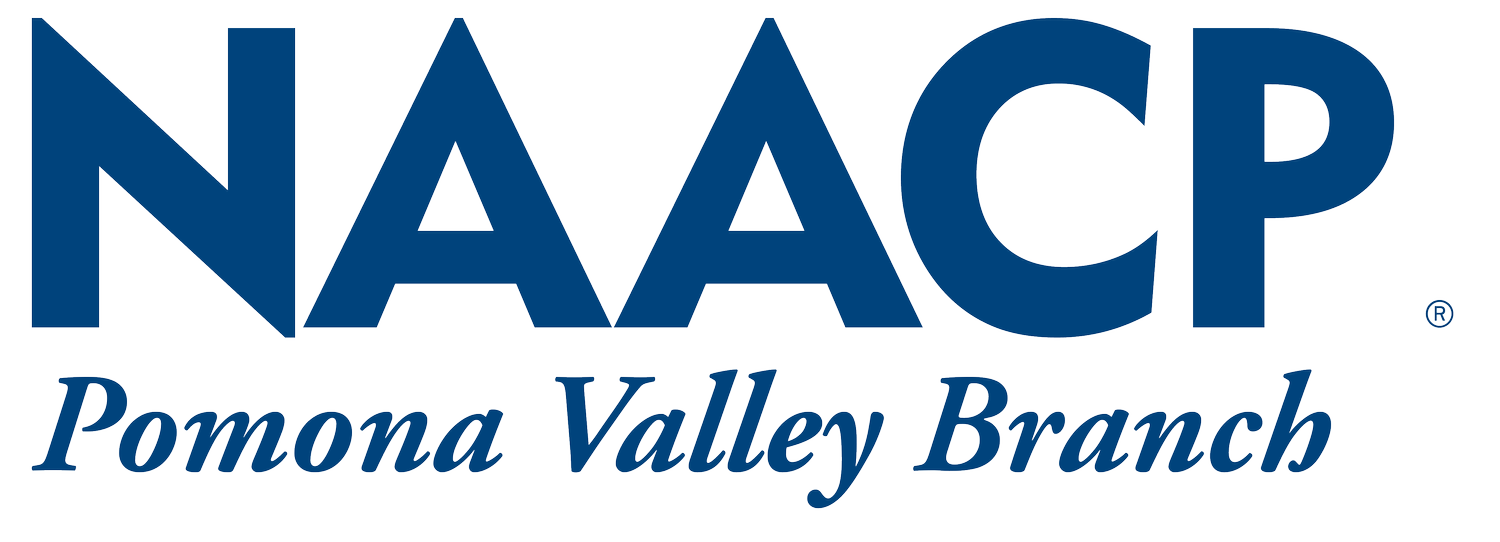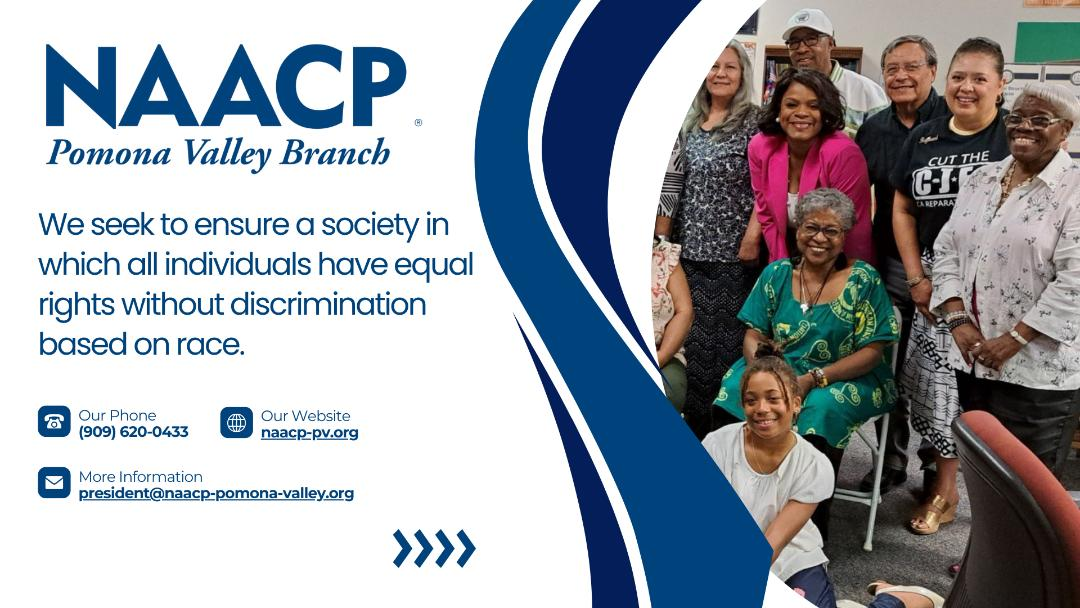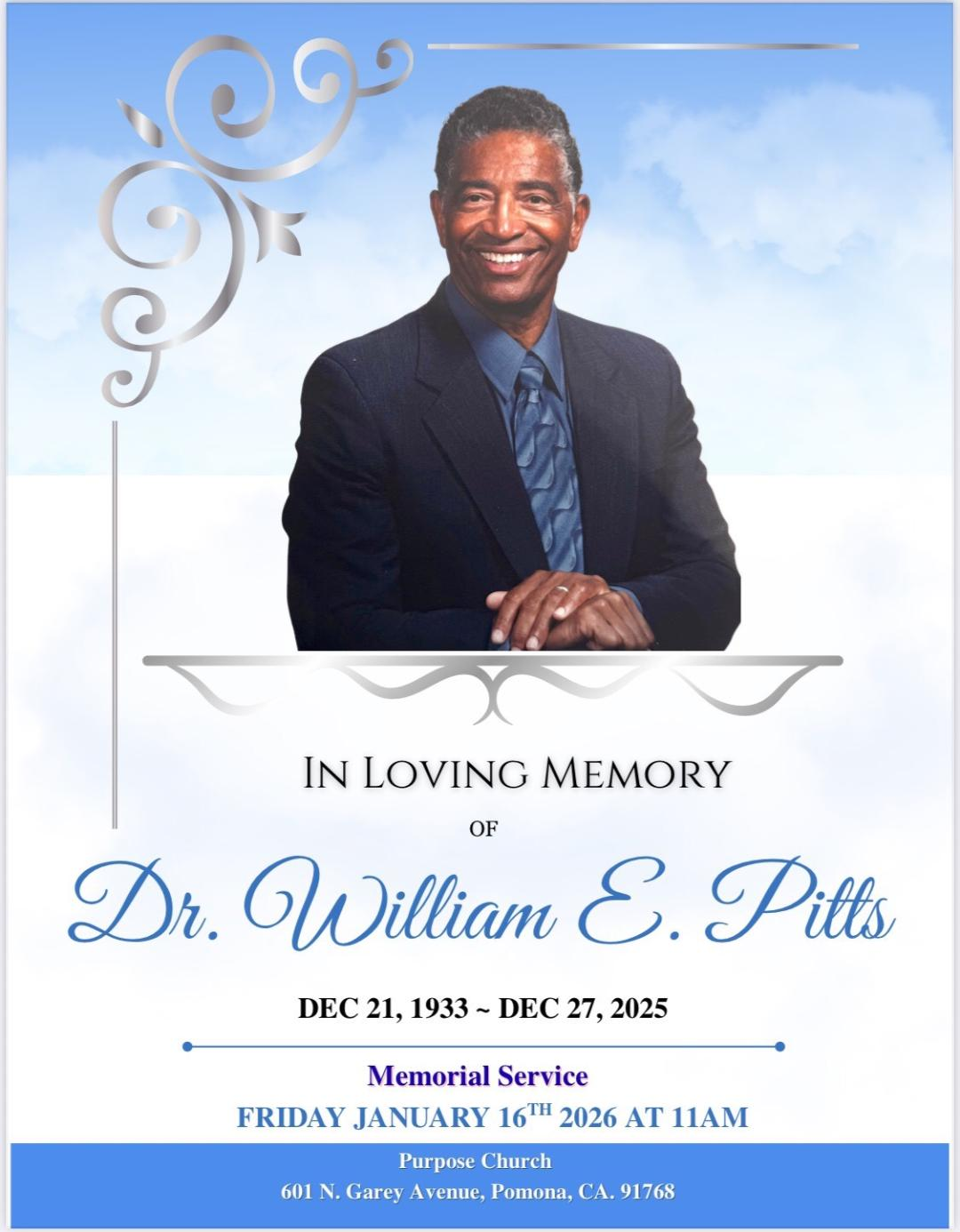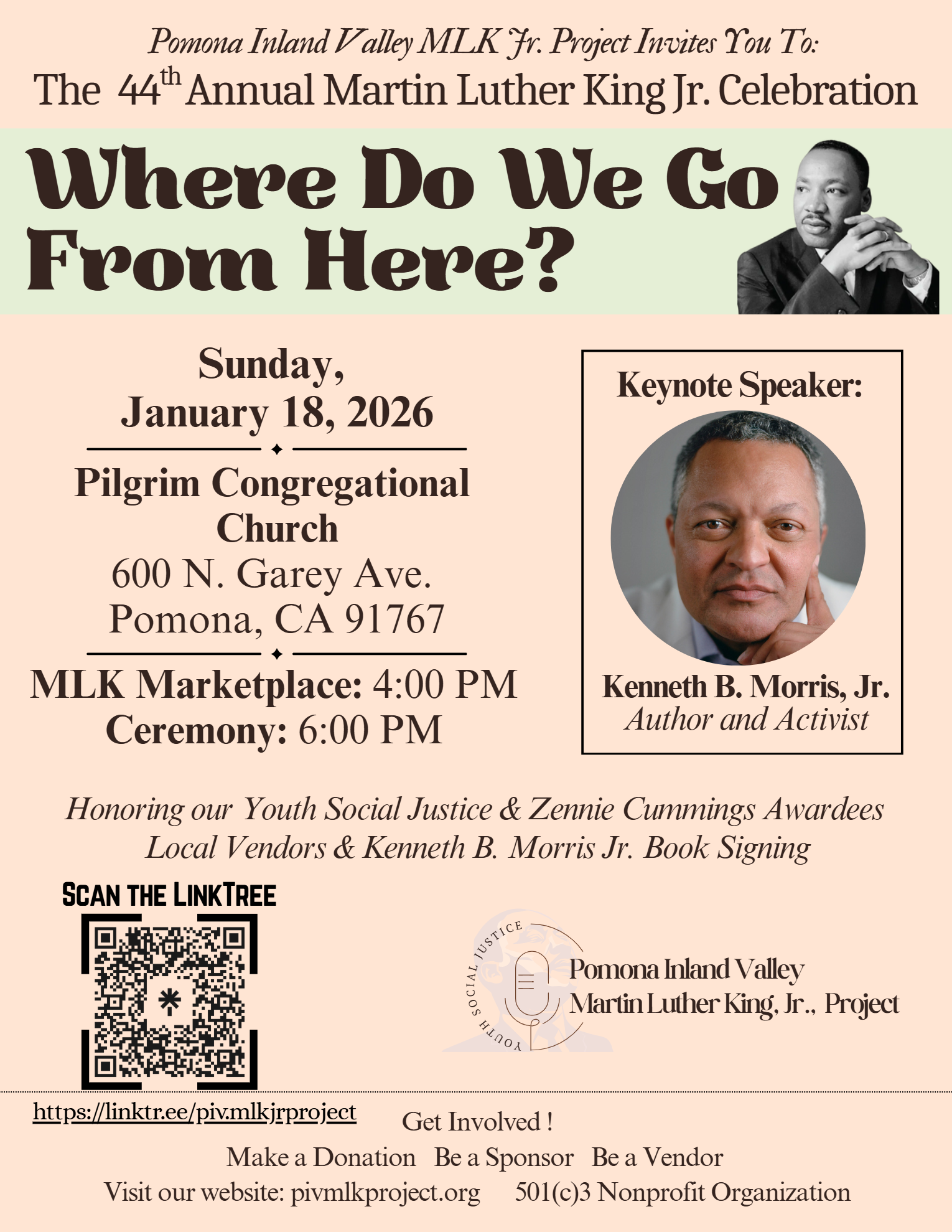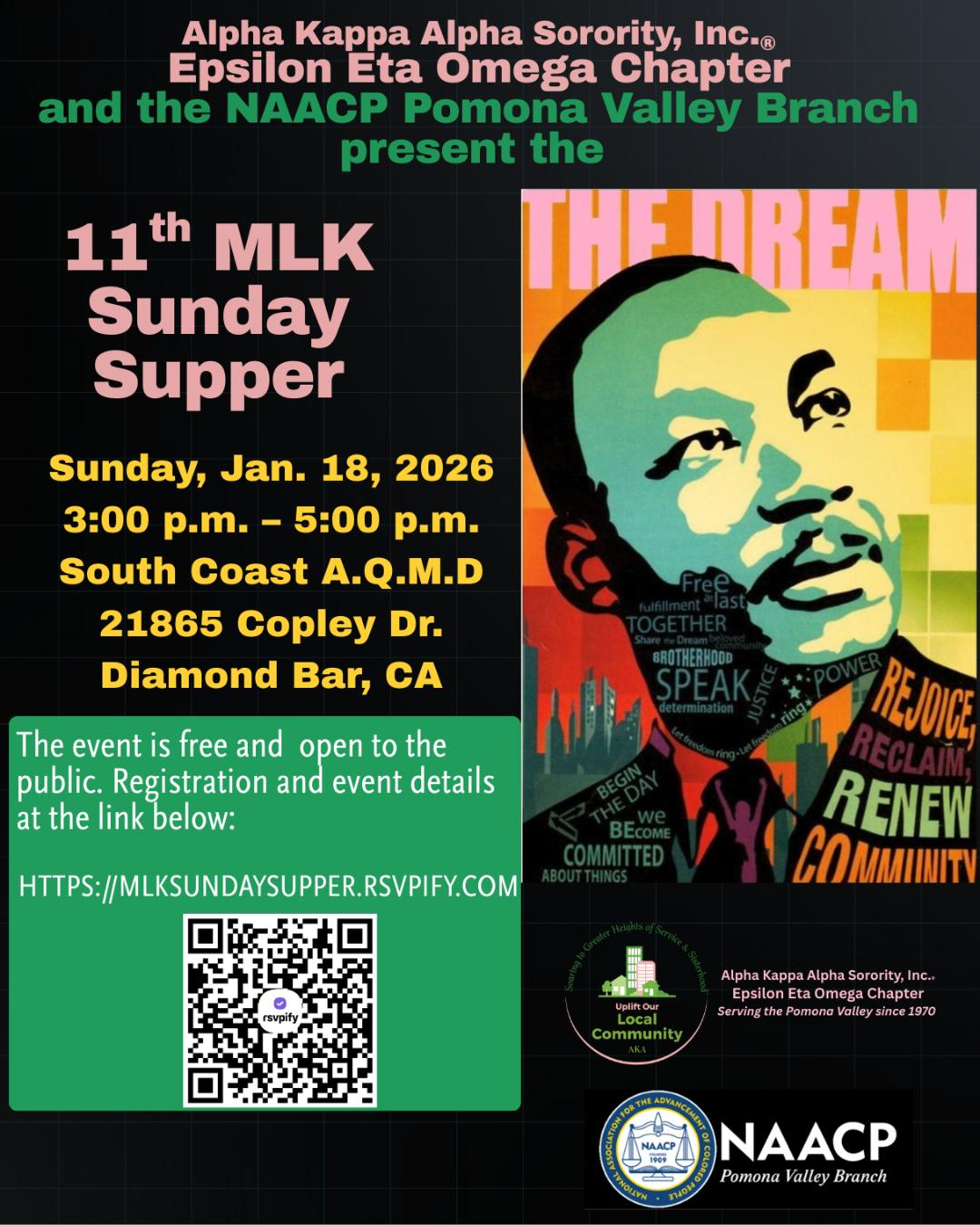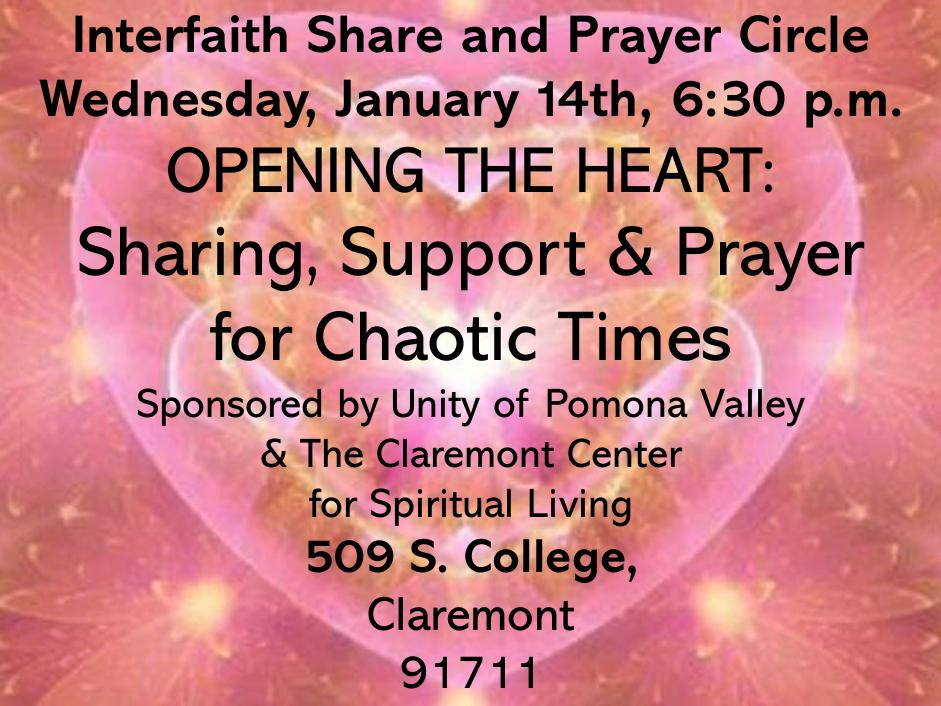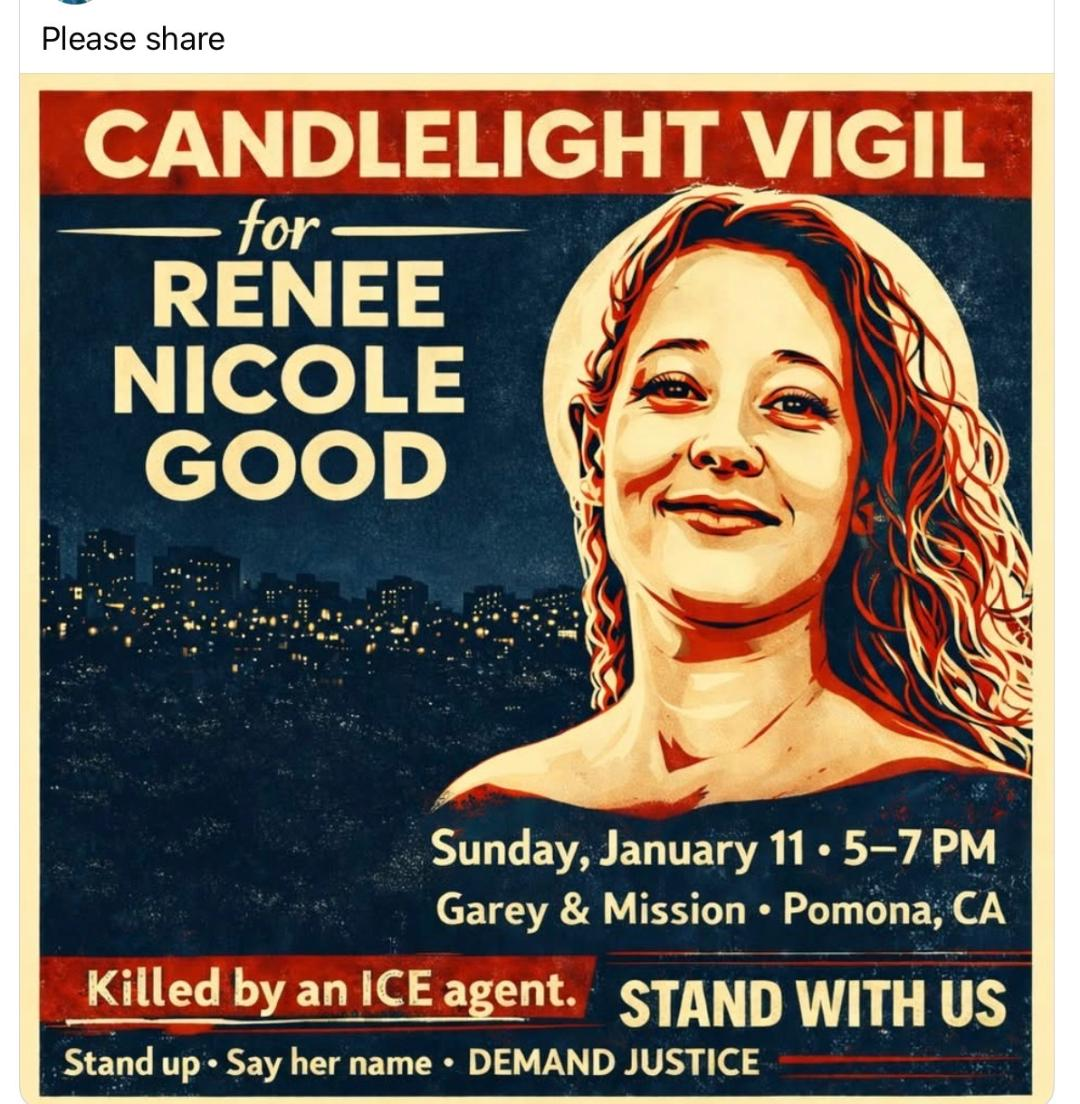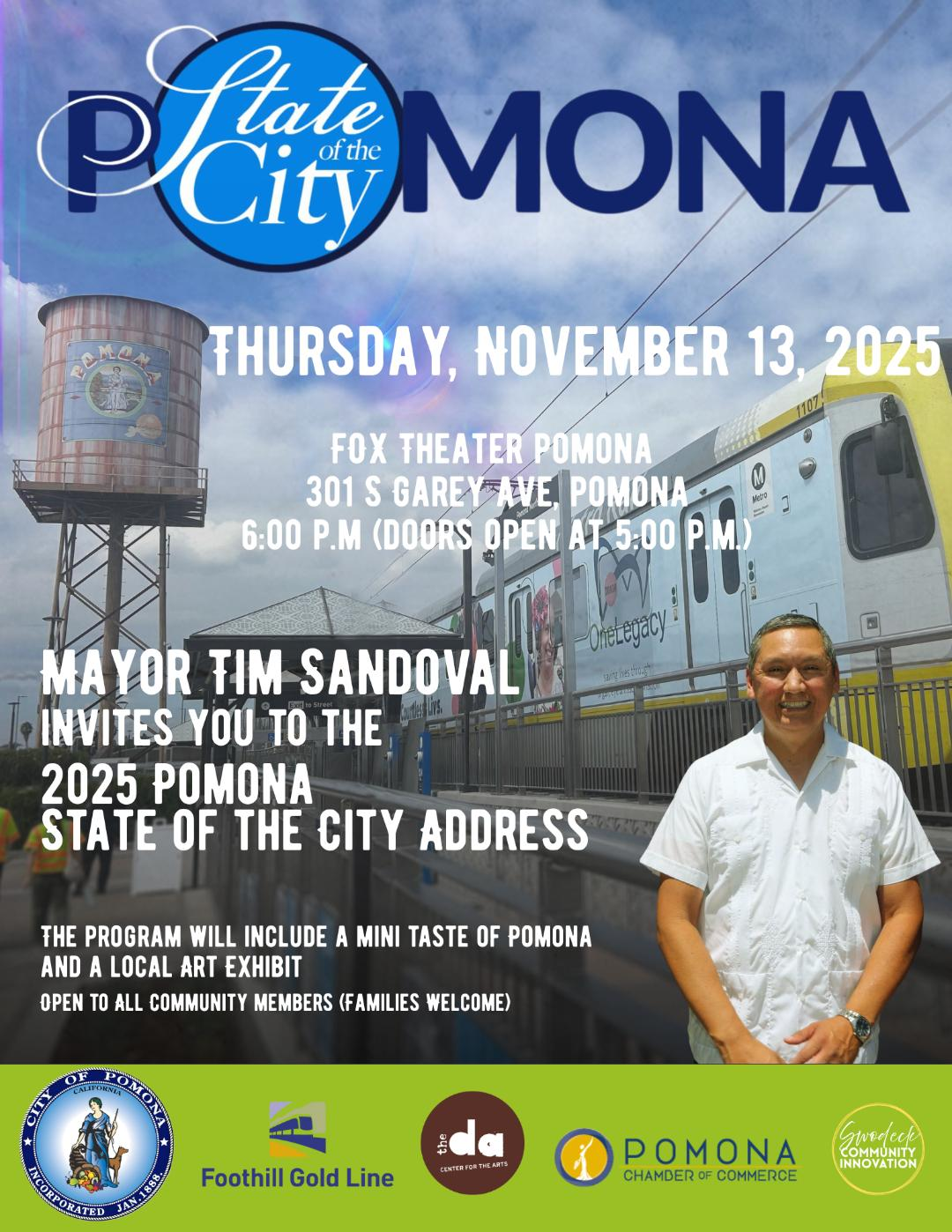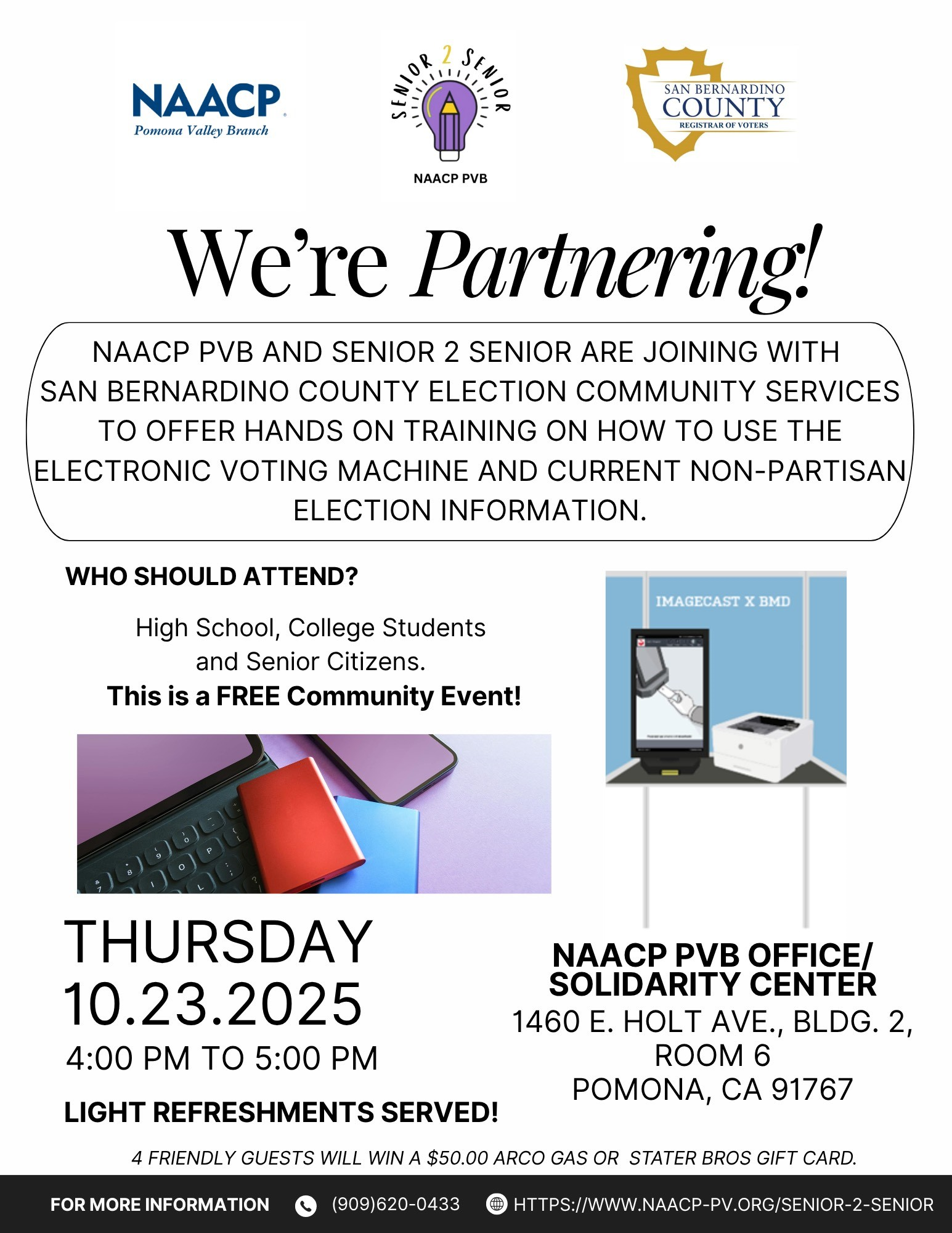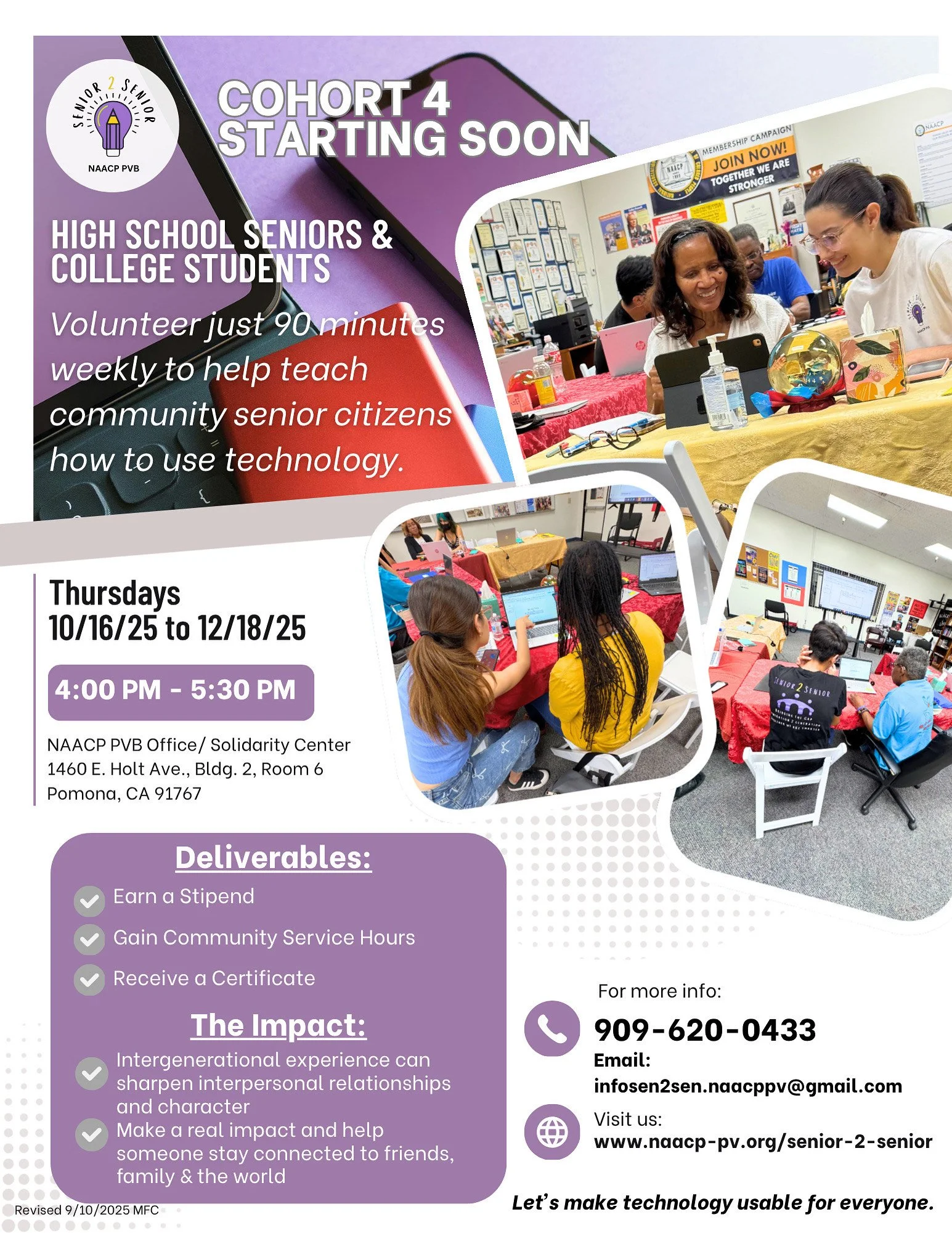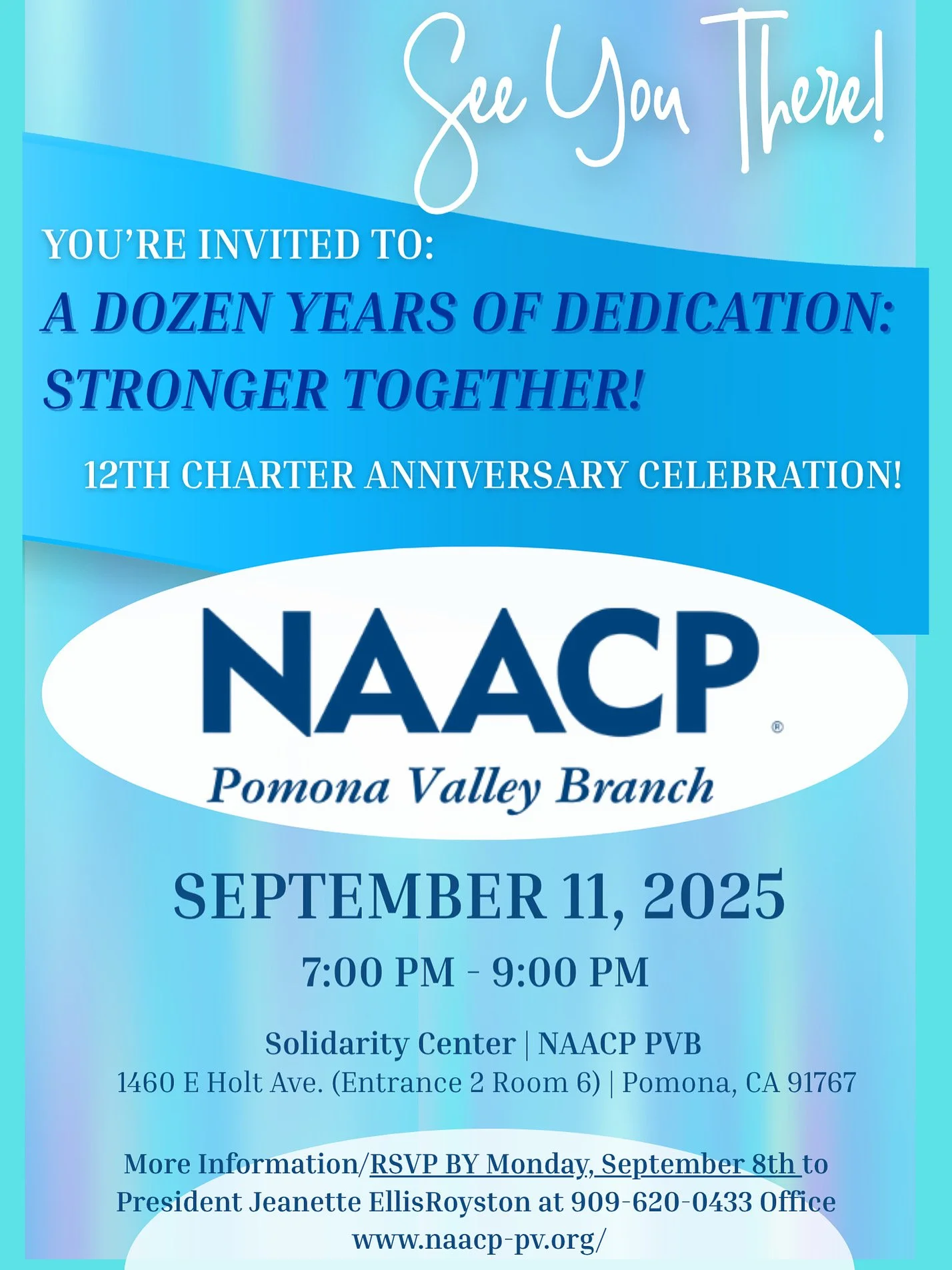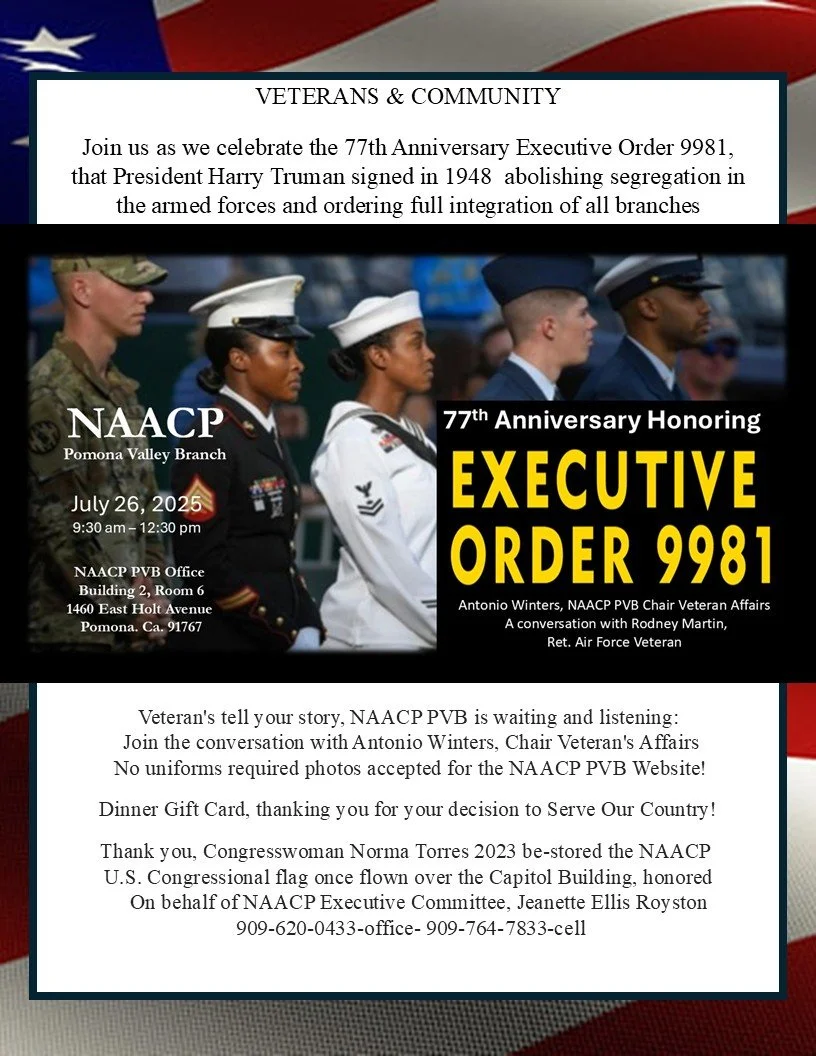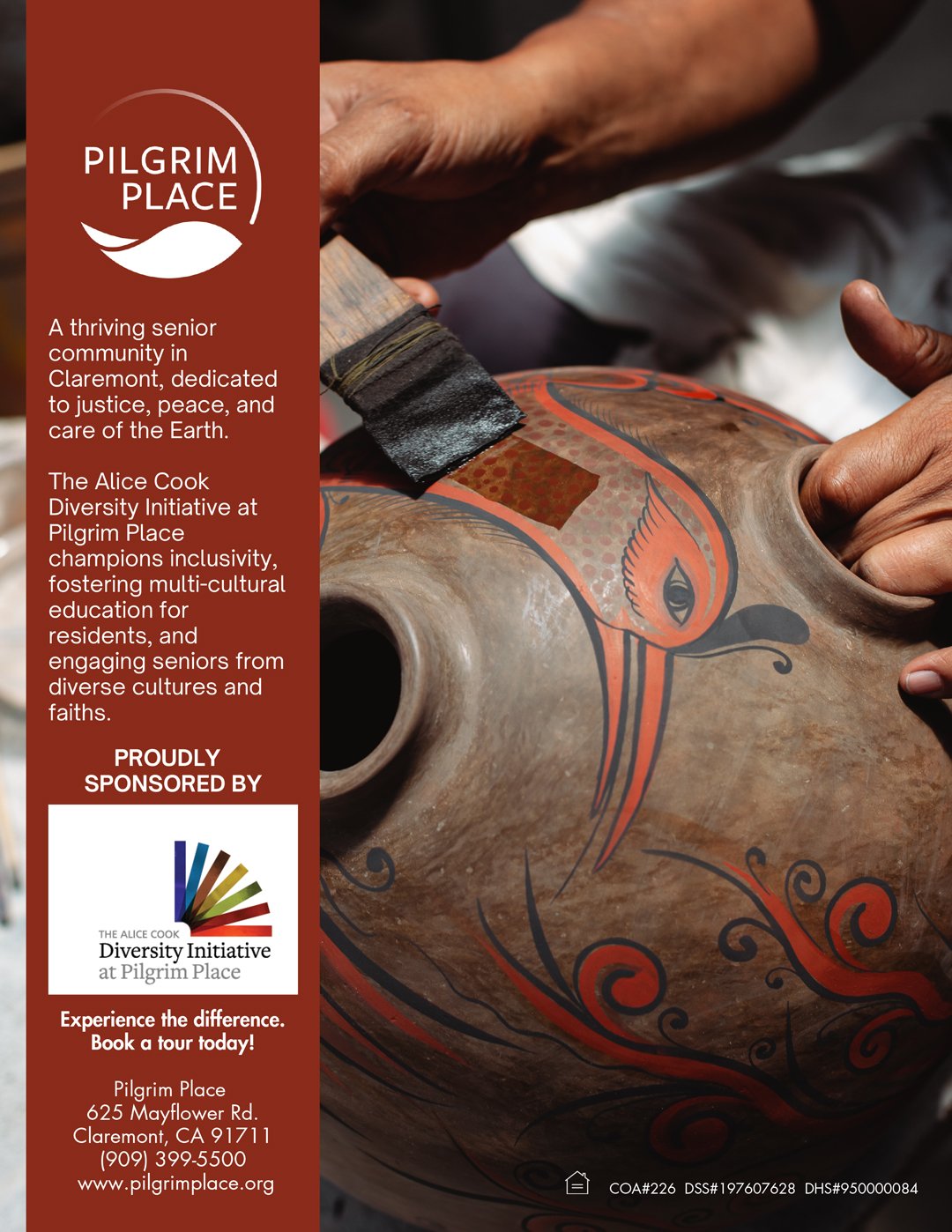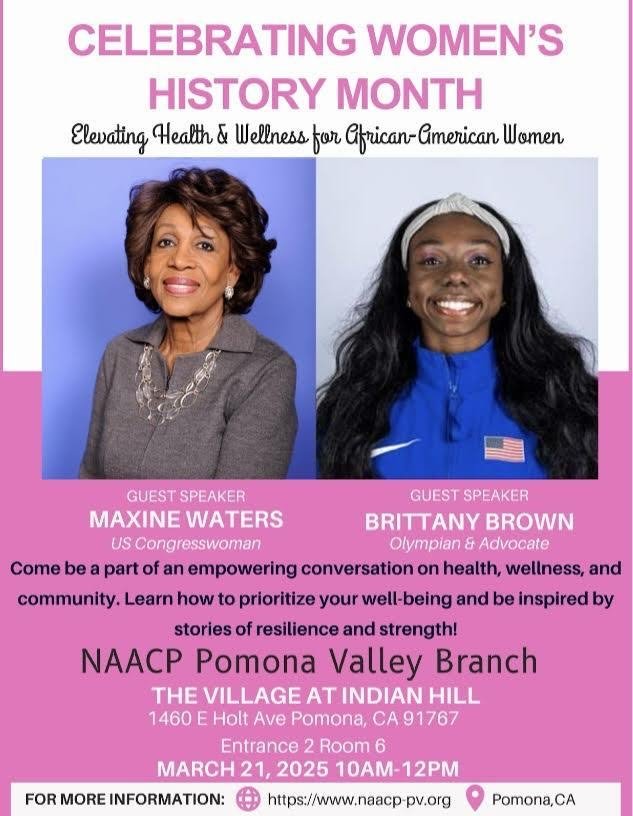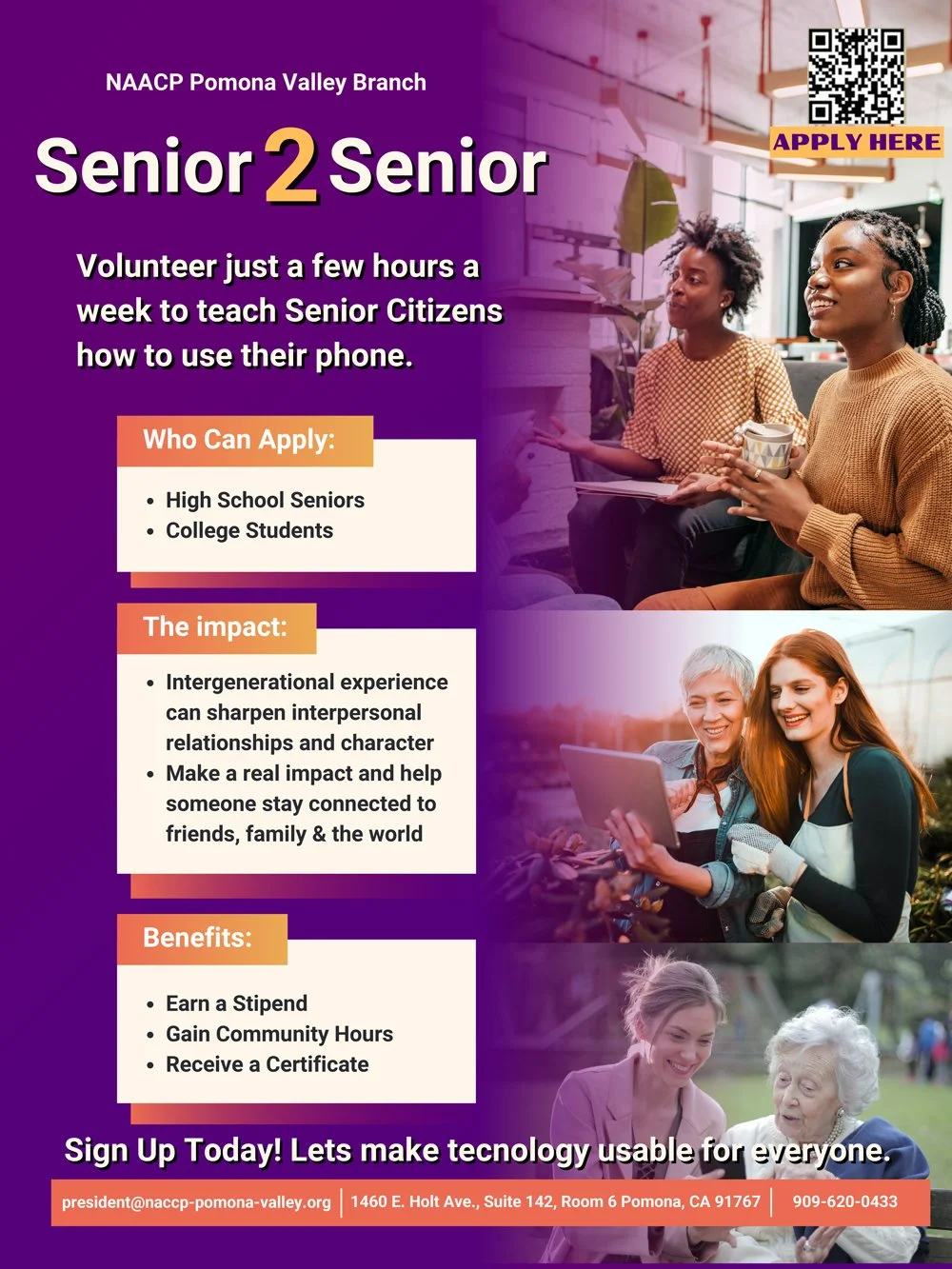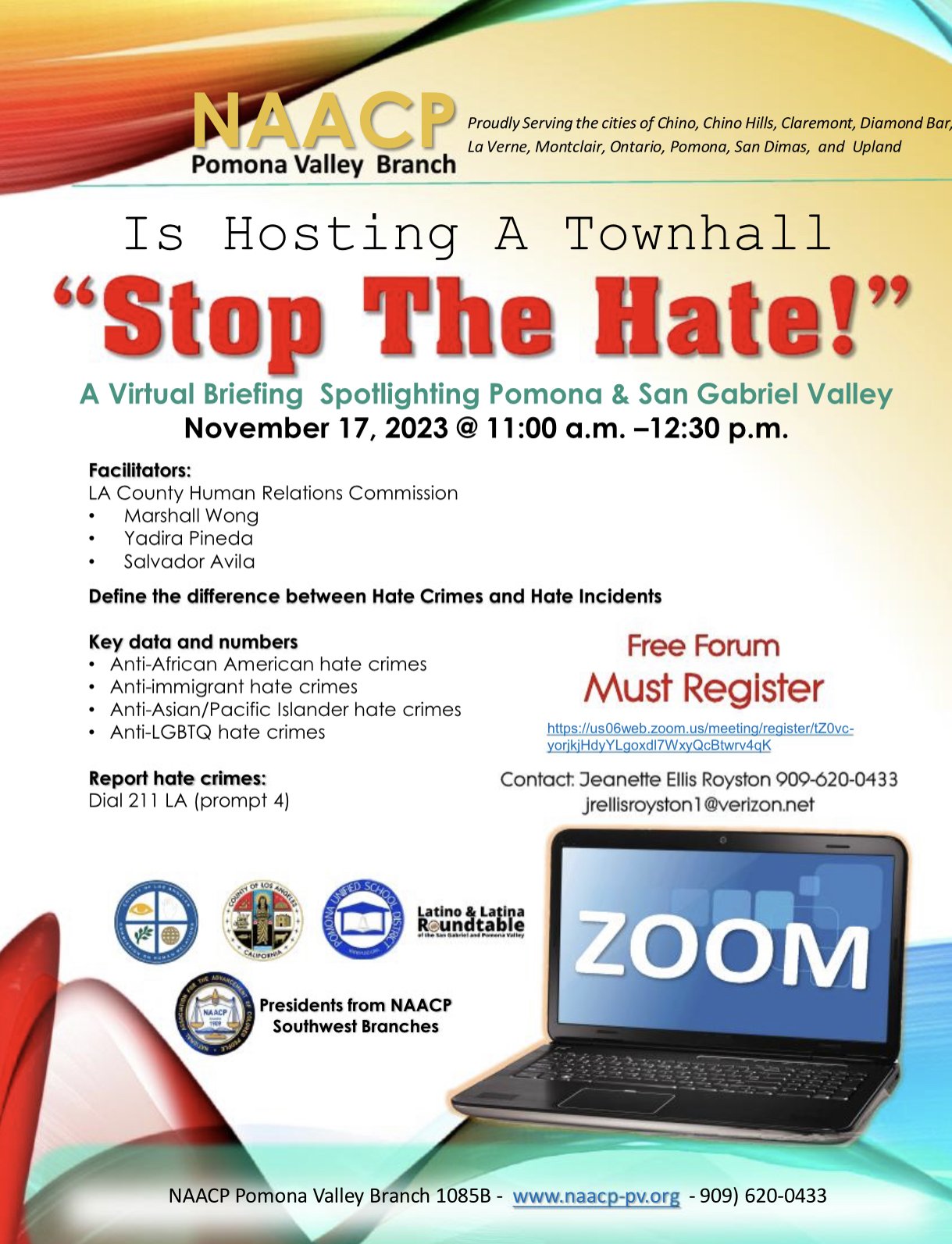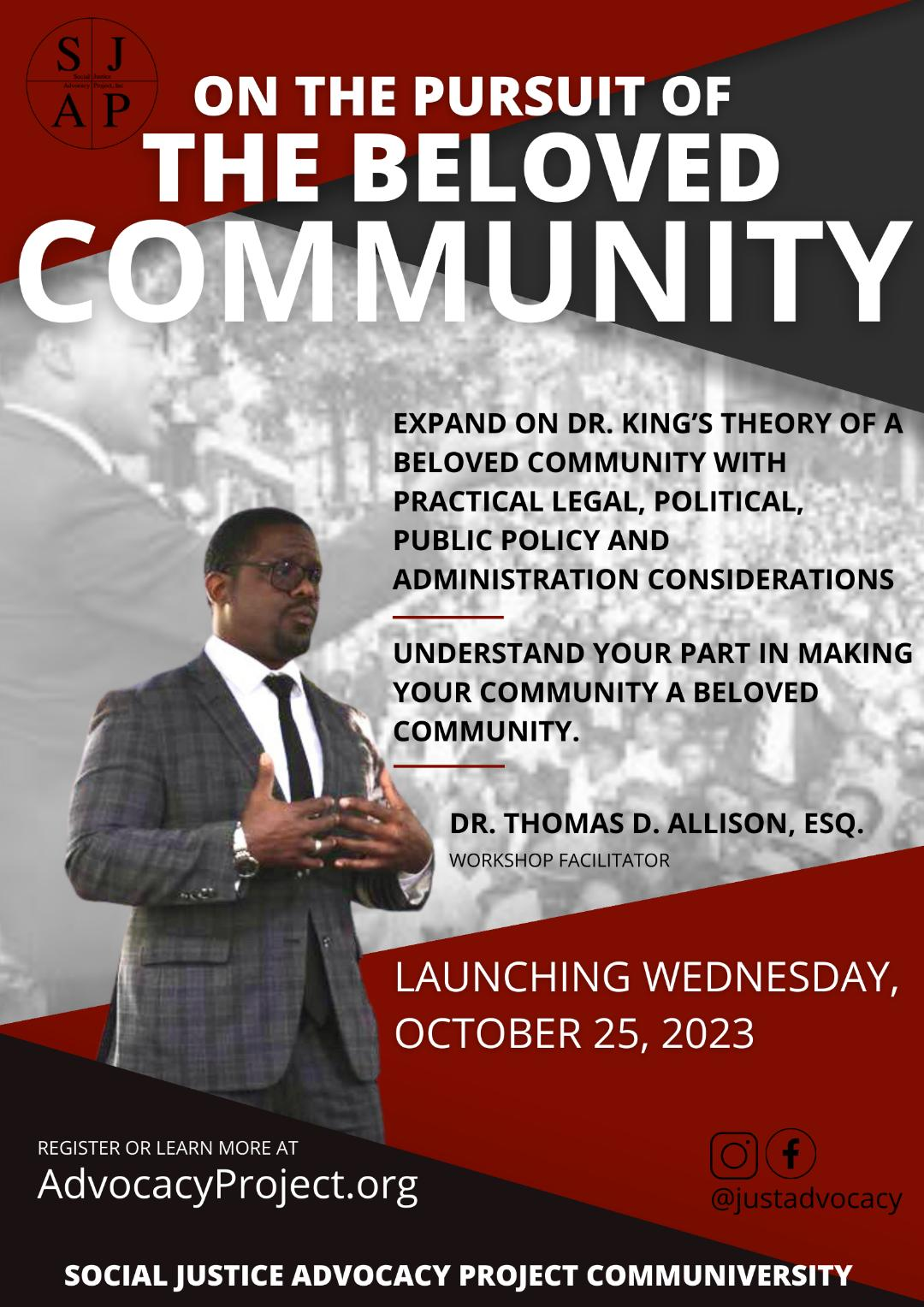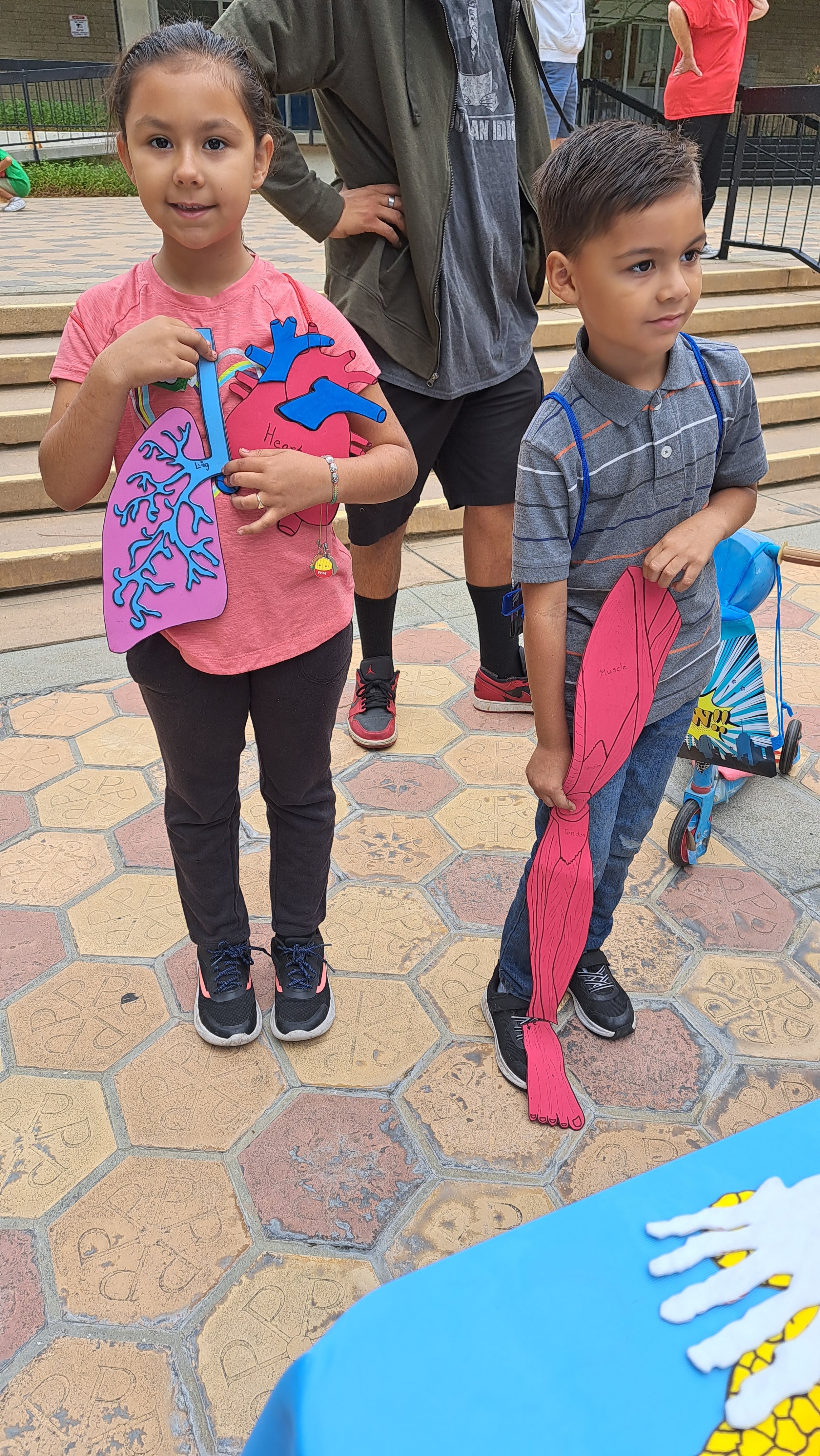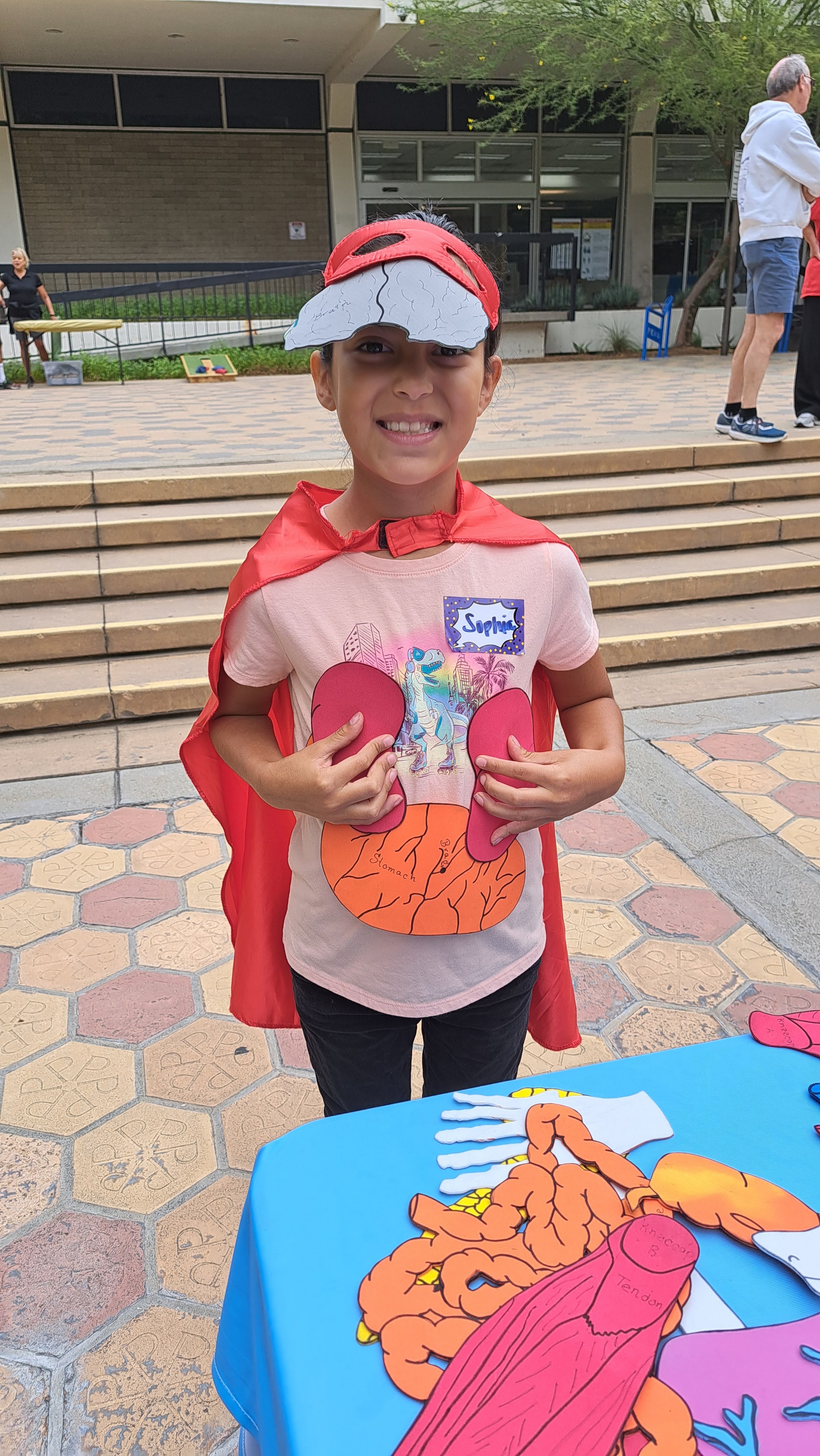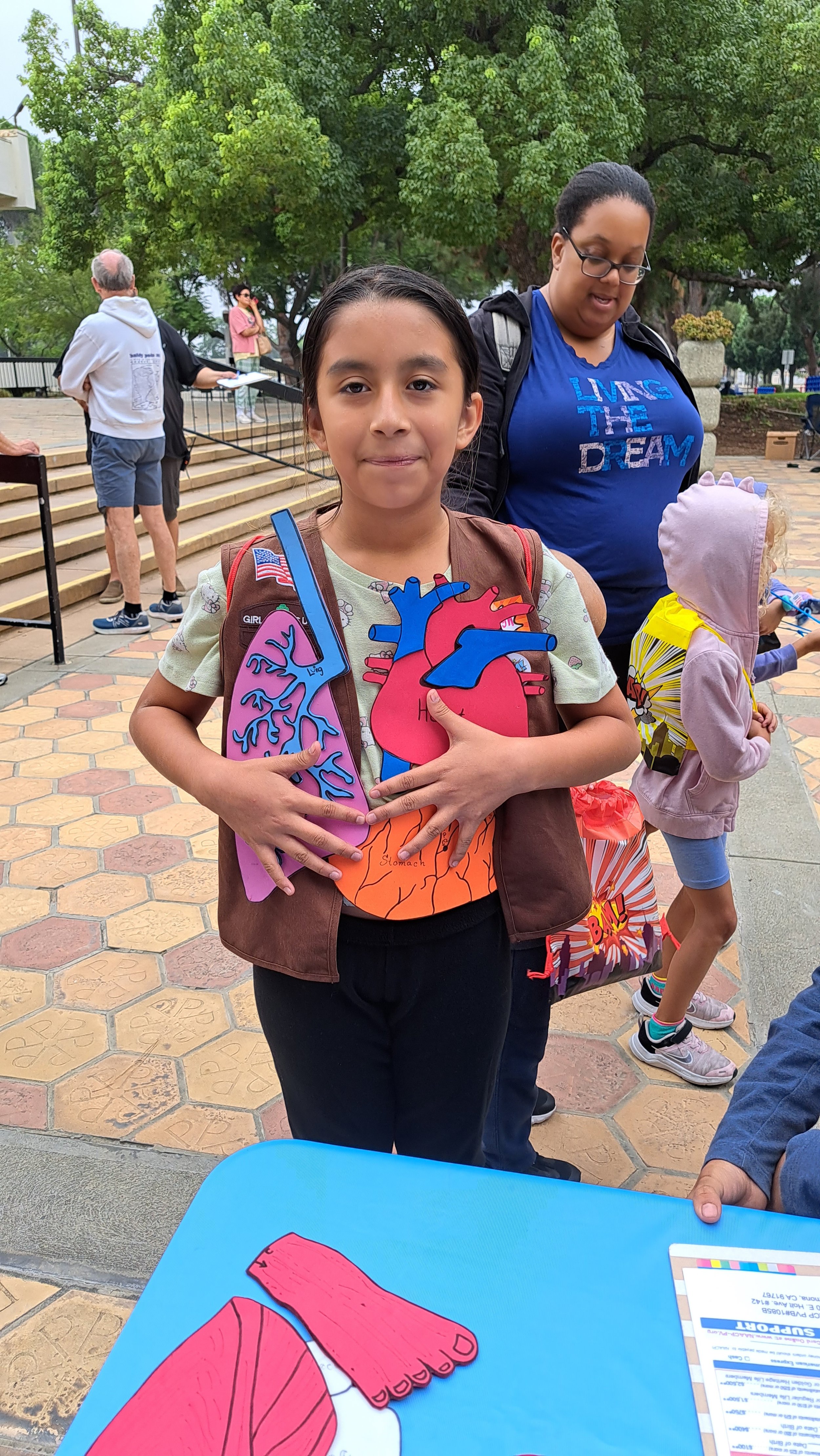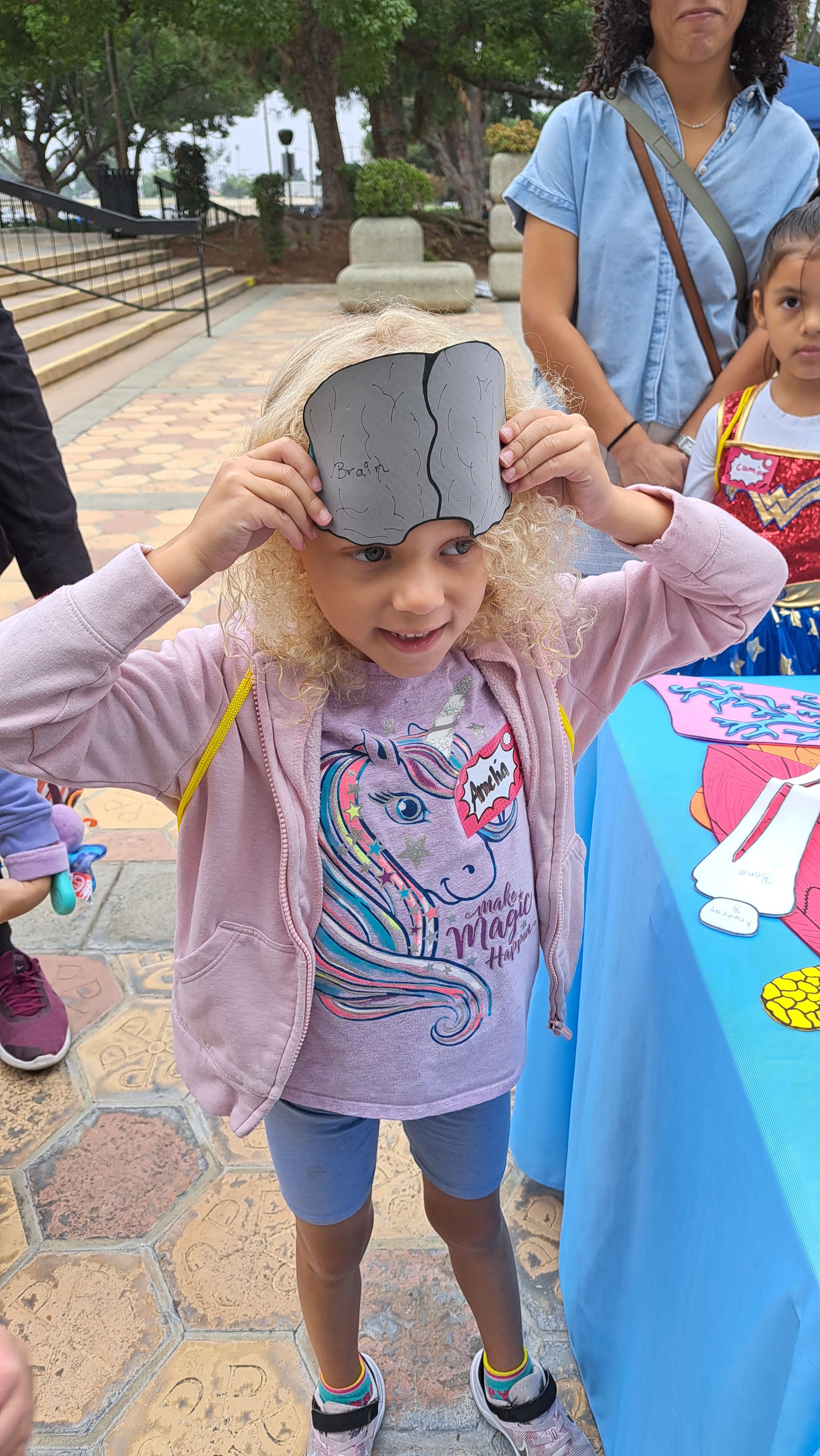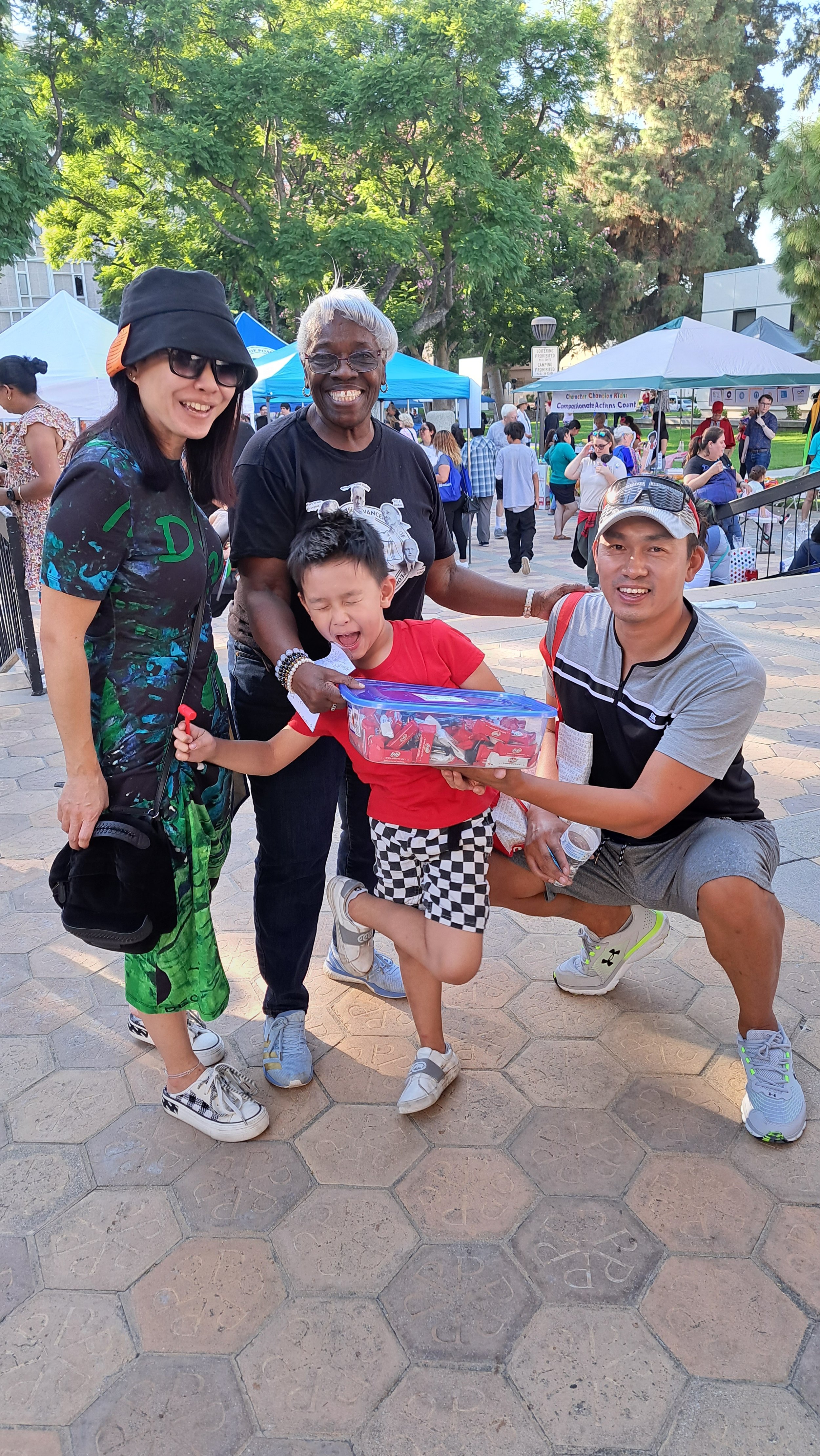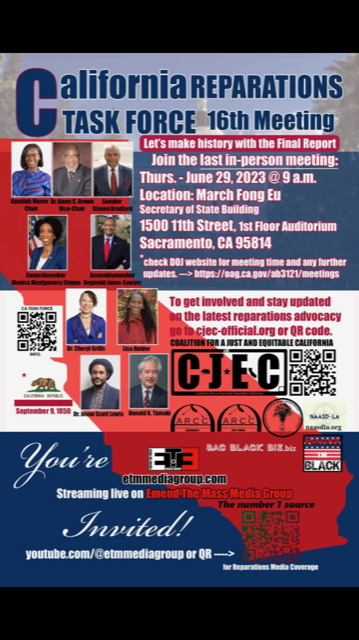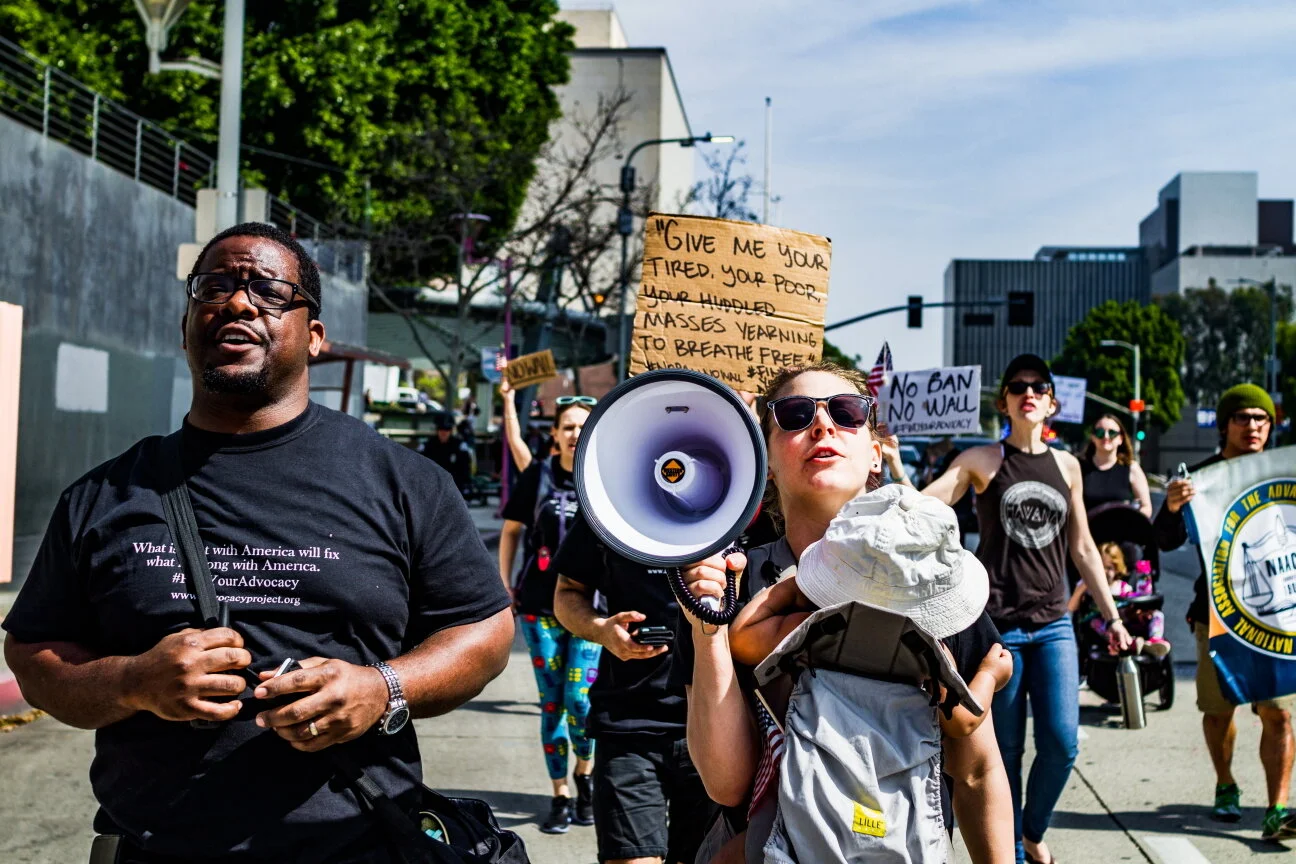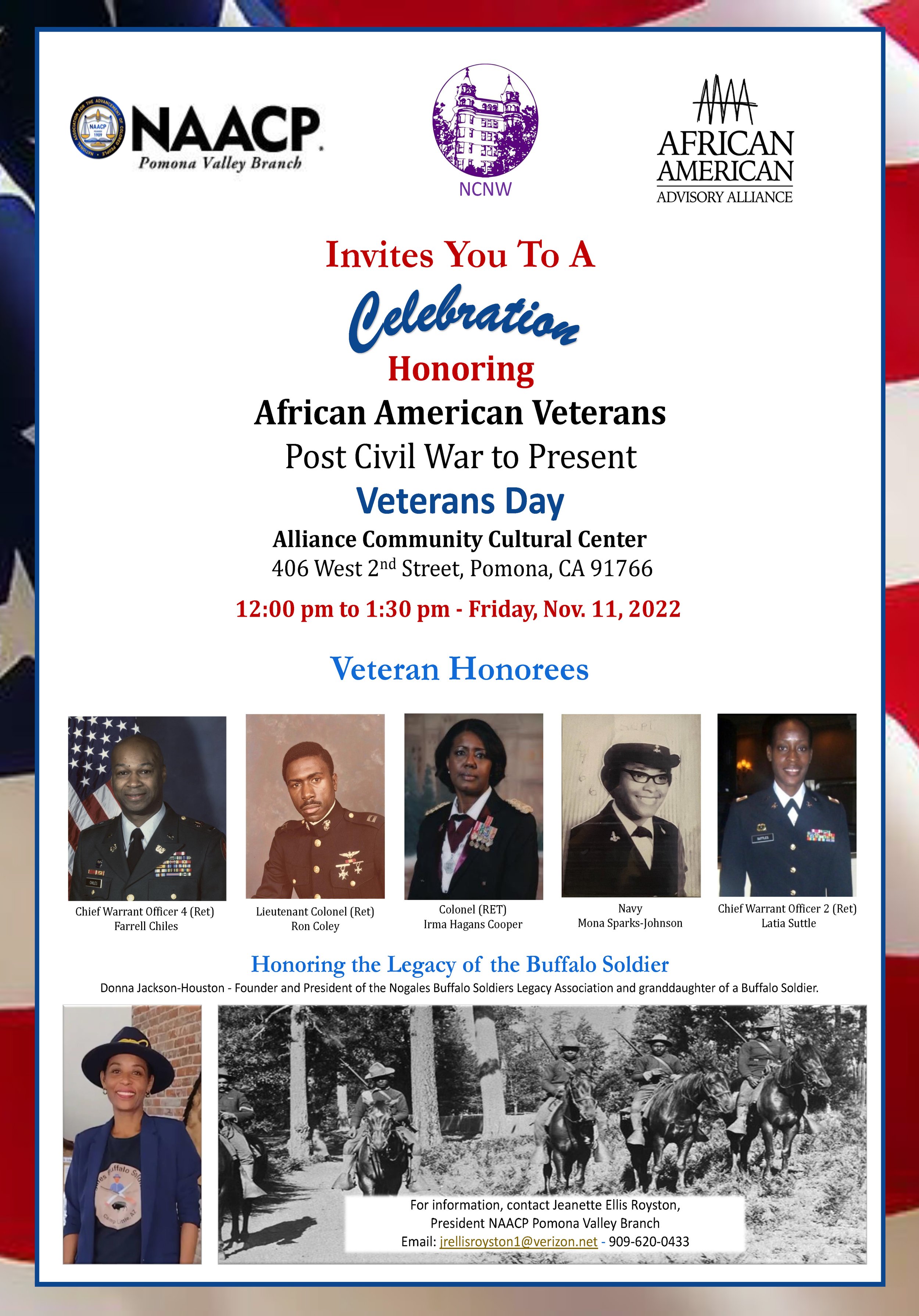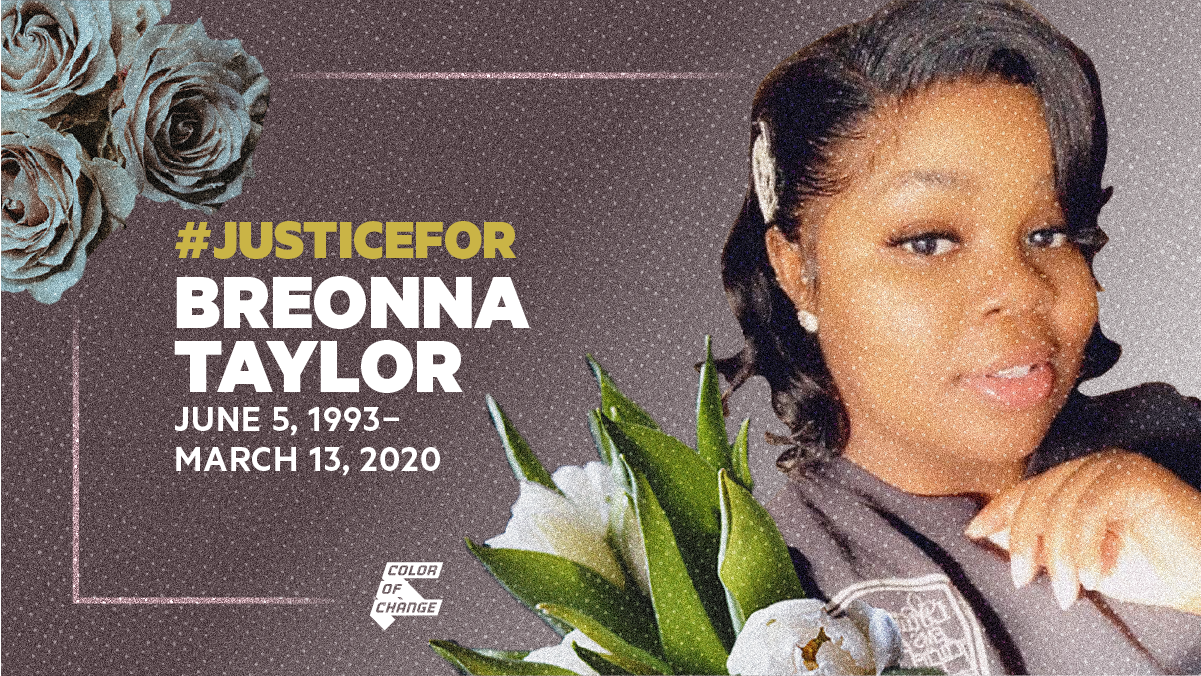NAACP Pomona Valley Branch 1085B serves 10 cities:
Chino, Chino Hills, Claremont, Diamond Bar, La Verne, Montclair, Ontario, Pomona, San Dimas, and Upland.
To sign up for the Zoom, click image or here
Attention Senior 2 Senior Cohort 1, 2 and 3 Seniors and Youth Participants - Join us for dinner on Monday, June 30, 2025 at 4:00 pm at the Paradise Buffet in Montclair, CA.
RSVP is required by Thursday, June 26th.
Help us celebrate the 1st and 2nd Senior 2 Senior Cohorts and kick off our 3rd Senior 2 Senior Cohort with good food, company and connection!
Sign up TODAY for Cohort 2 starting Thursday, June 5, 2025 or Cohort 3 starting Thursday, July 10, 2025.
Senior 2 Senior Program Updates! High School Seniors and College Students!
Use this summer break to make an impact in the community and earn a stipend and community recognition.
Help teach local Senior Citizens how to make the most of their electronic devices.
Sign up to help TODAY for Cohort 2 starting Thursday, June 5, 2025 or Cohort 3 starting Thursday, July 10, 2025.
Senior 2 Senior Program Updates!
Seniors 55+, learn to make the most of your electronic devices.
Sign up TODAY for Cohort 2 starting Thursday, June 5, 2025 or Cohort 3 starting Thursday, July 10, 2025.
Speaker for this May 30th presentation: Kevin Collins, Los Angeles County
Department of Mental Health
Dynamic Speaker, Well-versed on the subject of negative impacts of Stigma Social diversity including cultural backgrounds.
This one-hour presentation is just the beginning.
About
Find out about our organization,
mission, our methods, and the results of our decades of advocacy.
Take Action
Ready to take the next step? You can become a contributor to our cause, or participate yourself.
volunteer opportunity
Contact us: president@naacp-pomona-valley.org
Get help, meet people
Have some fun while learning new things!



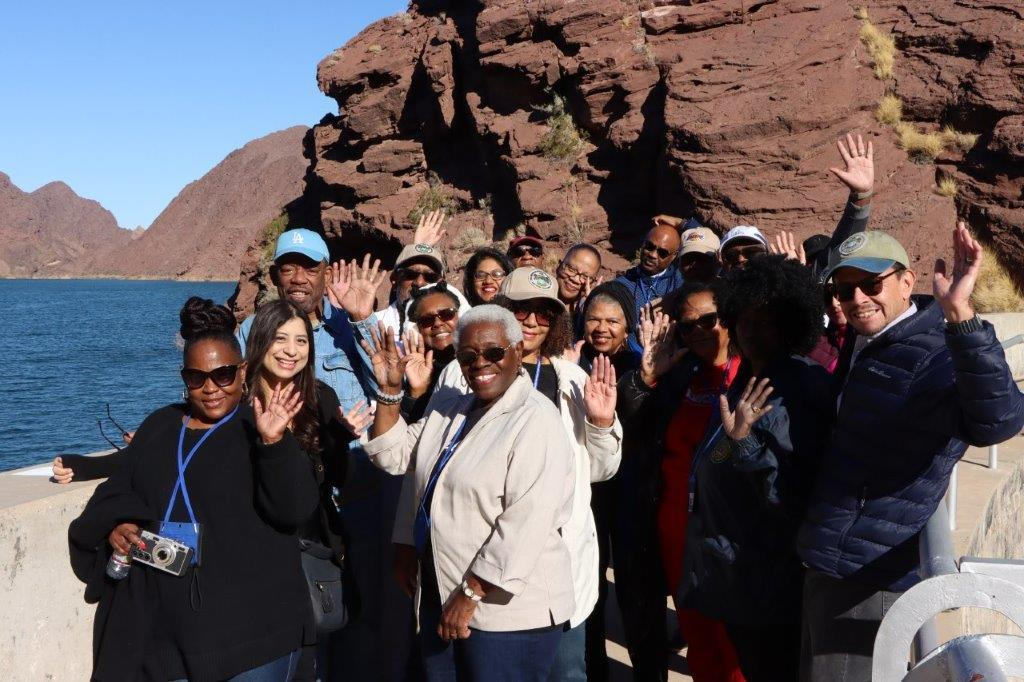
December 6 & 7, 2024 Pomona Valley Branch President was one of 8 local Branch invited to Inspections of the Hoover Dam, preparing for the Delta Project.
Metropolitain Water District of Southern California hosted the entire 2 days trip. We traveled from Ontario Airport to Las Vegas bus ride to Hoover Dam to the Colorado River Aqueduct, State Water Project. Bus ride and boat ride Copper Basin bus ride to Arizona bus ride back to Ontario Airport Sat. Dec. 7th @5:30pm
The trip was absolutely an eye opener and informative enough to appreciate clean affordable water. Irma Cooper, San Gabriel Branch President we are inspired to host a Townhall. In attendance was San Monica/ Los Angeles/ Pasadena/ Beverly Hills/ Lancaster/ Compton/San Gabirel/ Pomona.
watch videos to Learn more
It is never too soon!
Use the QR Code
“I am so proud of these women many of them have children, I raised 9 foster care boys, and most parents were absent from the home, so sad for the children. According to statistics and studies incarcerated women have increased by 585% from 1980 to 2022..... 26,326 to 180,684 women incarcerated” NAACP-PVB President, Jeanette Ellis-Royston
Congratulations to Brittany Brown!!
bronze medal Women’s 200M at the Paris Olympics!
Madam President, Jeannette Ellis-Royston with granddaughter Brittany Brown
Congratulations to Brittany Brown! On her way to the Olympics!
Anthony Jordan, "PURSUING A COLLEGE DEGREE IN SOCIOLOGY NAACP HOPE IN THE FIGHT FOR JUSTICE FOR ALL!!”
We are proud to announce the 5th Annual Virtual Graduate Salute!
Parents/Family & Friends/Fellow Students - Do you have a special 2024 graduate (Preschool - University) in your life from one of the 10 Cities that we serve (Chino, San Dimas, LaVerne, Claremont, Ontario, Pomona, Diamond Bar, Montclair, Upland or Chino Hills)?
If so, the NAACP Pomona Valley Branch would like to acknowledge them.
Please send an email to Branch President Jeanette EllisRoyston at president@naacp-pomona-valley.org with the following information:
• Graduate's Name
• Your Relation to the Graduate
• School/Institution & City and State
• Degree/Certificate/Diploma/School Promotion to Next Grade
• For Higher Education Only - Course of Study
• Sentence regarding future plans
• Photo [Optional]
DEADLINE:
We will share graduate highlights weekly through July 31, 2024. Send your graduate’s information today!
Stronger Together in 2024: Our Beloved Community
Or use the QR Code below
Dear Sponsors and Friends:
The NAACP is the nation’s foremost, largest, and most widely recognized civil rights organization. The Mission of the NAACP is to ensure the political, educational, social, and economic equality of rights of all persons and to eliminate racial hatred and racial discrimination. The Pomona Valley Branch of the NAACP serves 10 Cities within the Inland Empire: Chino, San Dimas, Laverne, Claremont, Ontario, Pomona, Diamond Bar, Montclair, Upland, Chino Hills.
We fulfill our mission through advocacy, programs, and services that address civic engagement, community collaboration, youth academic achievement, science and technology. Your support will help us continue to provide programs and services for youth and adults in our communities.
Our theme this year is: “Celebrating our Stakeholders Perseverance in America’s Democracy”.
If you wish to become a sponsor of the NAACP Pomona Valley Branch’s Fifth Annual Freedom Fund Luncheon, please click the link below:
Thanksgiving 2023, Hilda Solis donated 20 turkeys to families in need
-
The "Hands Off Our Healthcare: Keeping Families Covered" campaign is twofold and advocates that the most vulnerable members of our community receive the necessary health coverage they deserve. The first campaign phase is a Medicaid Unwinding Research Report (attached) that launched on Monday, November 6th. The second phase is our Civil Rights Medicaid Scorecard, scheduled for release next Monday, November 13th.
PHASE 1: Six-Month Look into Medicaid Unwinding Research Report
The first phase of the campaign is a research report developed from a coalition of human and civil rights organizations. President Derrick Johnson participated on the national press conference call, and this is what he highlighted related to the research report: o In December 2022, the NAACP and other leading civil rights organizations, released a report to urge Congress to take immediate action and prevent the public health crisis we are currently facing. They did nothing.
Three-quarters of the people who lost Medicaid may have been eligible. They were terminated for procedural reasons.
This crisis has already impacted more than 10 million people - a majority of whom come from Black and other vulnerable communities.
Politicians must take their hands off our healthcare to make healthcare for all a reality.
We are urging Governors to pause procedural Medicaid terminations and use an automated Medicaid enrollment renewal process moving forward so eligible people get the coverage they deserve.
During the press call, Rep. Jill Tokuda (D-HI) expressed the importance of elected officials addressing this health coverage crisis head-on to ensure that those eligible for Medicaid coverage—especially from Black and brown communities—remain covered.
PHASE 2: Civil Rights Medicaid Scorecard
Next week, we will be releasing the second part which is our Civil Rights Medicaid Scorecard. The scorecard will assess each governor's performance in providing Medicaid coverage to their state's residents. Ultimately, states and their respective governors are evaluated based on their commitment to safeguarding the health of our communities by ensuring continued health coverage for all eligible individuals. Grades are pass, fail, or incomplete.
We look forward to building on the momentum of such an important and necessary campaign and will be updating you regarding the next phase. More to come!
Thriving Together,
Idris Robinson (He/Him/His)
Director, Health and Well-Being Program
irobinson@naacpnet.org
Hosted by the Pomona Valley NAACP and in collaboration with the County of Los Angeles Human Relations Commission, Pomona Unified School District, Latino & Latina Roundtable of San Gabriel Valley, Presidents from the NAACP Southwest Branches -
We invite you to join us on Friday, November 17th for a town hall meeting “Stop the Hate!” -A virtual briefing spotlighting Pomona and San Gabriel Valley.
Register today via Zoom at: https://us06web.zoom.us/meeting/register/tZ0vc-yorjkjHdyYLgoxdl7WxyQcBtwrv4qK
We hope you’ll join us for this important community dialogue.
For more information write to Natalie Shiras at nshiras@mac.com
As facilitators of the Circle of Chairs we are thrilled that these young people are carrying on dialogues in the spirit of the Circle of Chairs. We look forward to seeing you on November 18.
With anticipation and appreciation,
Natalie Shiras for the Circle of Chairs facilitators (Dorothy Shepherd, Bobbie Nix, Linda Wright-Lee, Rosie Guadarrama, Cynthia Barnes-Slater, Logan Baughman III, Ann Houston-Sago, Jan Chase, Rich Lumma, Jim Dwyer, Nancy Scott, Jessica Kizer)
Veteran’s Day November 7, 2023
Pomona Children’s Festival September 16, 2023
Healthvana
We have important information from the Los Angeles County Department of Public Health for older adults. The CDC suggests that adults aged 60 and over consider getting a Respiratory Syncytial Virus (RSV) vaccine after discussing it with their doctor.
Tenemos información importante del Departamento de Salud Pública del Condado de Los Ángeles para adultos mayores. Los CDC sugieren que los adultos de 60 años o más consideren recibir la vacuna contra el Virus Sincitial Respiratorio (VRS) después de consultarlo con su médico.
-
RSV is a common respiratory virus that usually causes mild, cold-like symptoms in some, but can cause pneumonia and severe disease in others. Infants and older adults are more likely to develop severe RSV and may require hospitalization.
-
The RSV vaccine can help protect you from more serious complications from RSV, such as needing to go to a doctor, getting hospitalized, or dying. RSV generally peaks in the fall and winter months.
-
Talk to your doctor or health plan. If you don’t have a doctor and/or health insurance (or are underinsured), retail pharmacies are giving the vaccine (like CVS, Walgreens, and Rite Aid). You can ask how much it would cost you to get the vaccine if your insurance doesn’t cover the cost, or if you don’t have insurance.
Protect your family from flu and COVID-19 too.
We recommend everyone 6 months and older get a flu vaccine this fall. Flu vaccines are normally free at pharmacies if you have insurance. For COVID-19, everyone should have at least one updated vaccine, but some people might need more than one COVID-19 vaccine. Talk to your doctor about what is best for you.
Call 2-1-1 if you need: help finding a low-cost place to get a flu or COVID-19 vaccine, to schedule in-home flu and COVID-19 vaccination, or help getting treatment for COVID-19.
To find a vaccine location near you can also visit: http://ph.lacounty.gov/vaccines/#public_sites
Stay healthy,
The Healthvana Team
(Healthvana is a HIPAA-secure, online portal for patients to manage their health! We've partnered with healthcare providers (like Los Angeles County) to deliver over 50 million digital health records that can go into your Apple/Google Wallet, reminders, and other helpful information.)
-
El VRS es un virus respiratorio común que generalmente causa síntomas leves parecidos a los de un resfriado en algunos, pero puede causar neumonía y enfermedades graves en otros. Los bebés y los adultos mayores tienen más probabilidades de desarrollar VRS grave y pueden requerir hospitalización.
-
La vacuna contra el VRS puede ayudar a protegerse de complicaciones más graves causadas por el VRS, como la necesidad de ir al médico, la hospitalización o la muerte. El VRS generalmente alcanza su punto máximo en los meses de otoño e invierno.
-
Hable con su médico o plan de salud. Si no tiene médico y/o seguro médico (o tiene un seguro insuficiente), las farmacias minoristas administran la vacuna (como CVS, Walgreens y Rite Aid). Puede preguntar cuánto le costaría recibir la vacuna si su seguro no cubre el costo o si no tiene seguro.
Protege a tu familia también de la gripe y el COVID-19.
Recomendamos que todas las personas de 6 meses en adelante se vacunen contra la gripe este otoño. Las vacunas contra la gripe normalmente son gratuitas en las farmacias si tiene seguro. Para el COVID-19, todos deberían tener al menos una vacuna actualizada, pero algunas personas pueden necesitar más de una vacuna contra el COVID-19. Hable con su médico sobre qué es mejor para usted.
Llame al 2-1-1 si necesita: ayuda para encontrar un lugar de bajo costo para recibir la vacuna contra la gripe o el COVID-19, programar la vacunación contra la gripe y el COVID-19 en el hogar, o ayuda para recibir tratamiento para el COVID-19.
Para encontrar un lugar de vacunación cerca de usted también puede visitar: http://ph.lacounty.gov/vaccines/#public_sites
Manténgase sano,
El Equipo de Healthvana
(¡Healthvana es un portal en línea seguro según HIPAA para que los pacientes administren su salud! Nos hemos asociado con proveedores de atención médica (como el condado de Los Ángeles) para entregar más de 50 millones de registros médicos digitales que pueden ir a su Apple/Google Wallet, recordatorios y otra información útil.)
Certificates of Recognition for the 10 Year Celebration
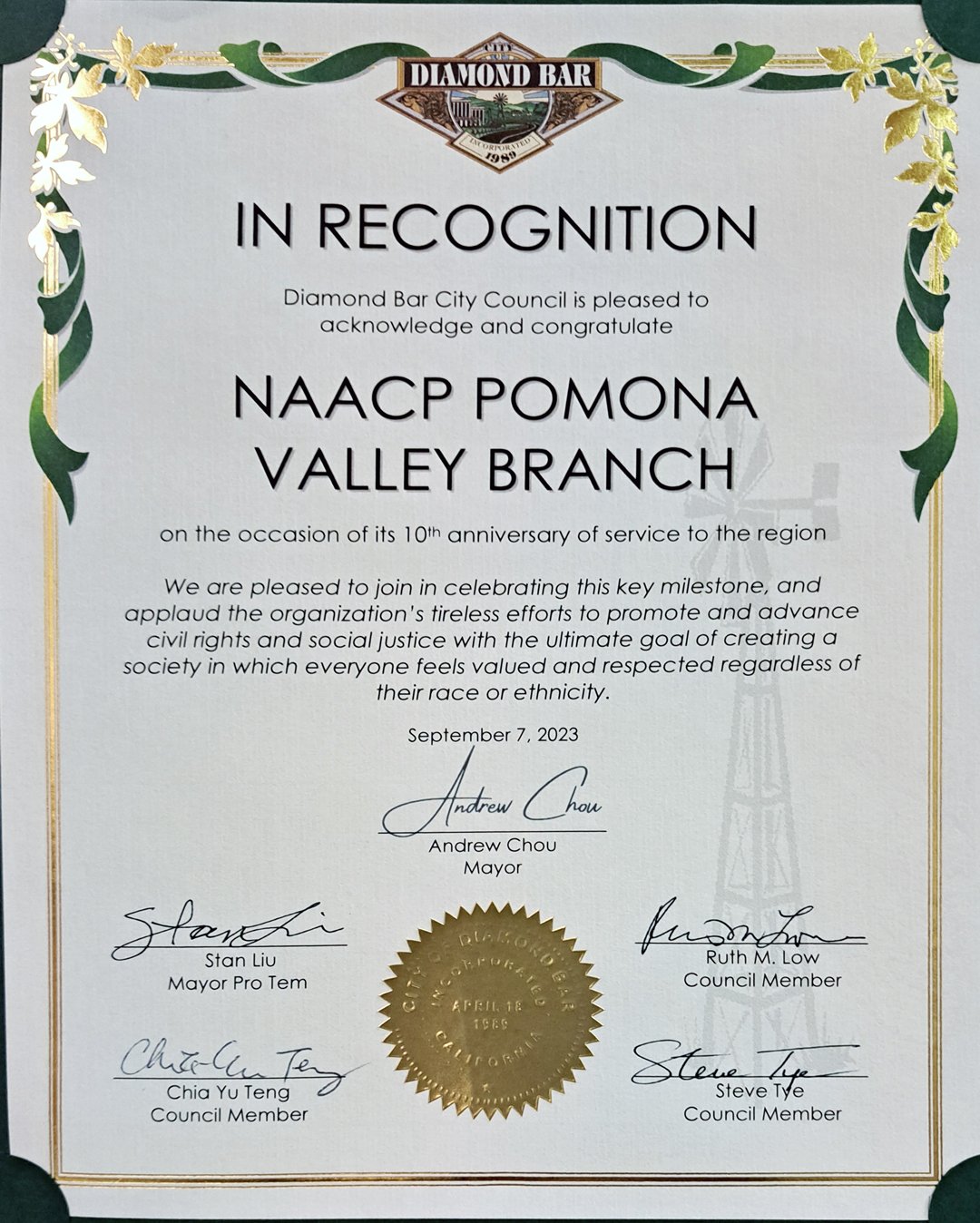
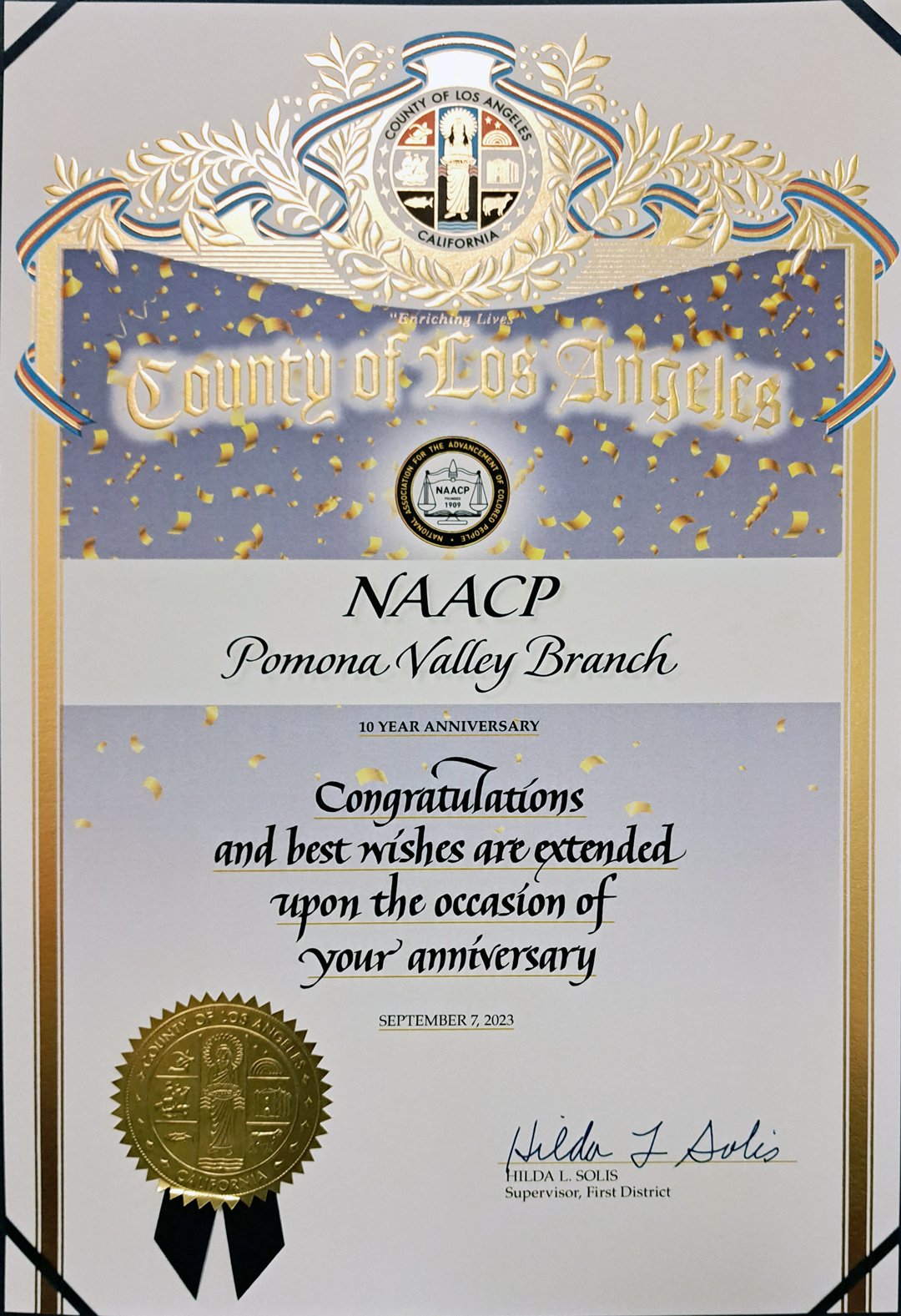
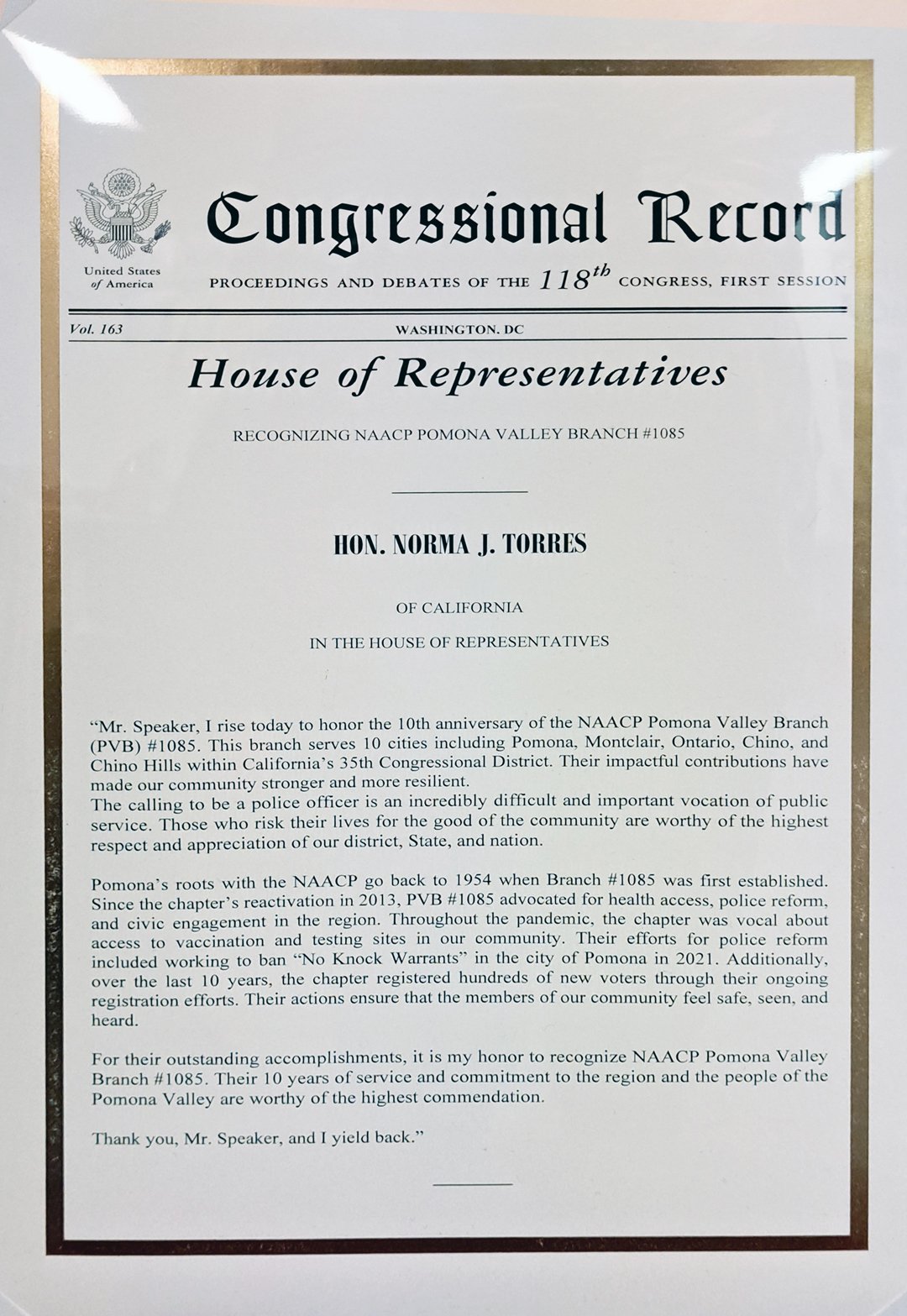
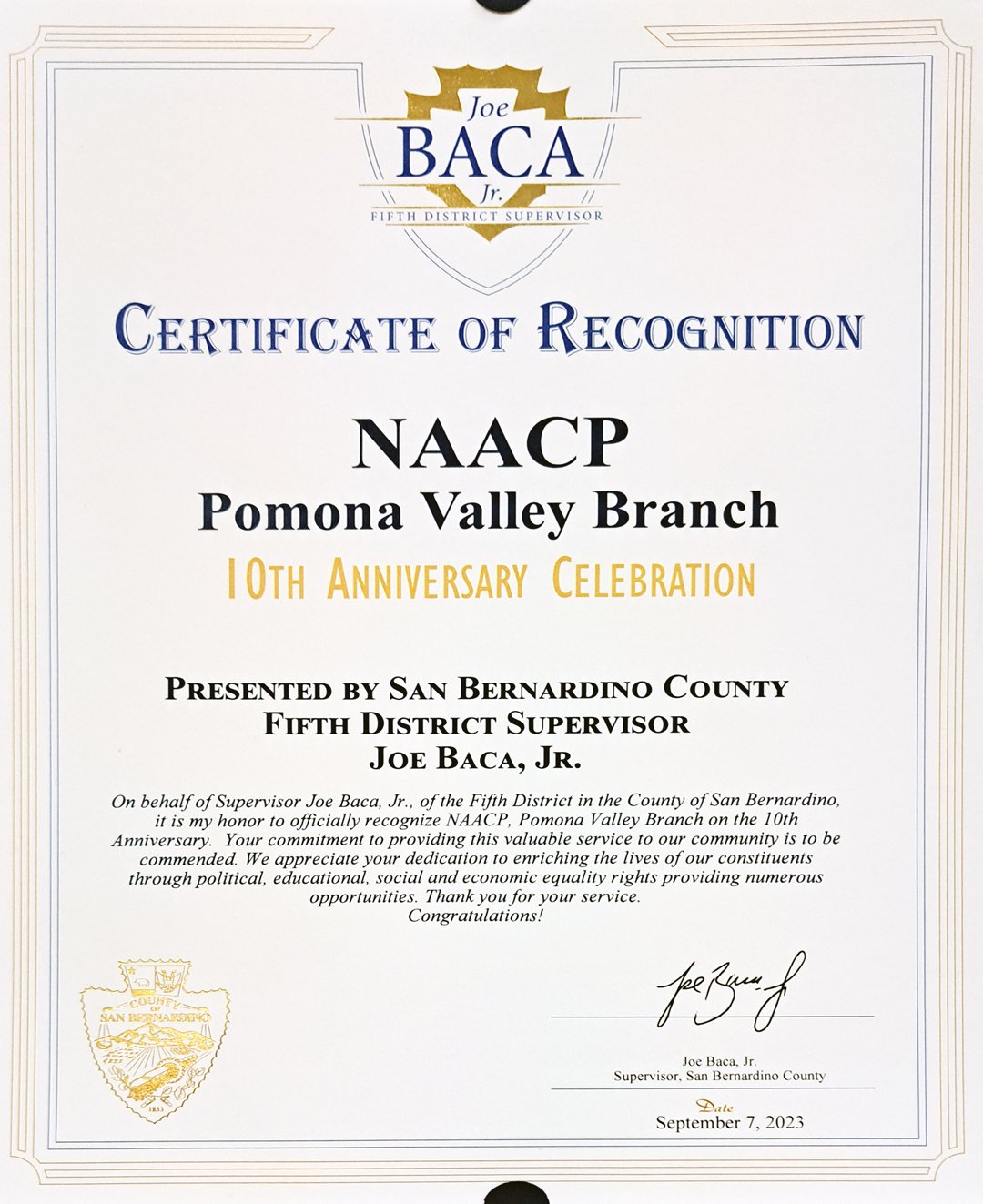
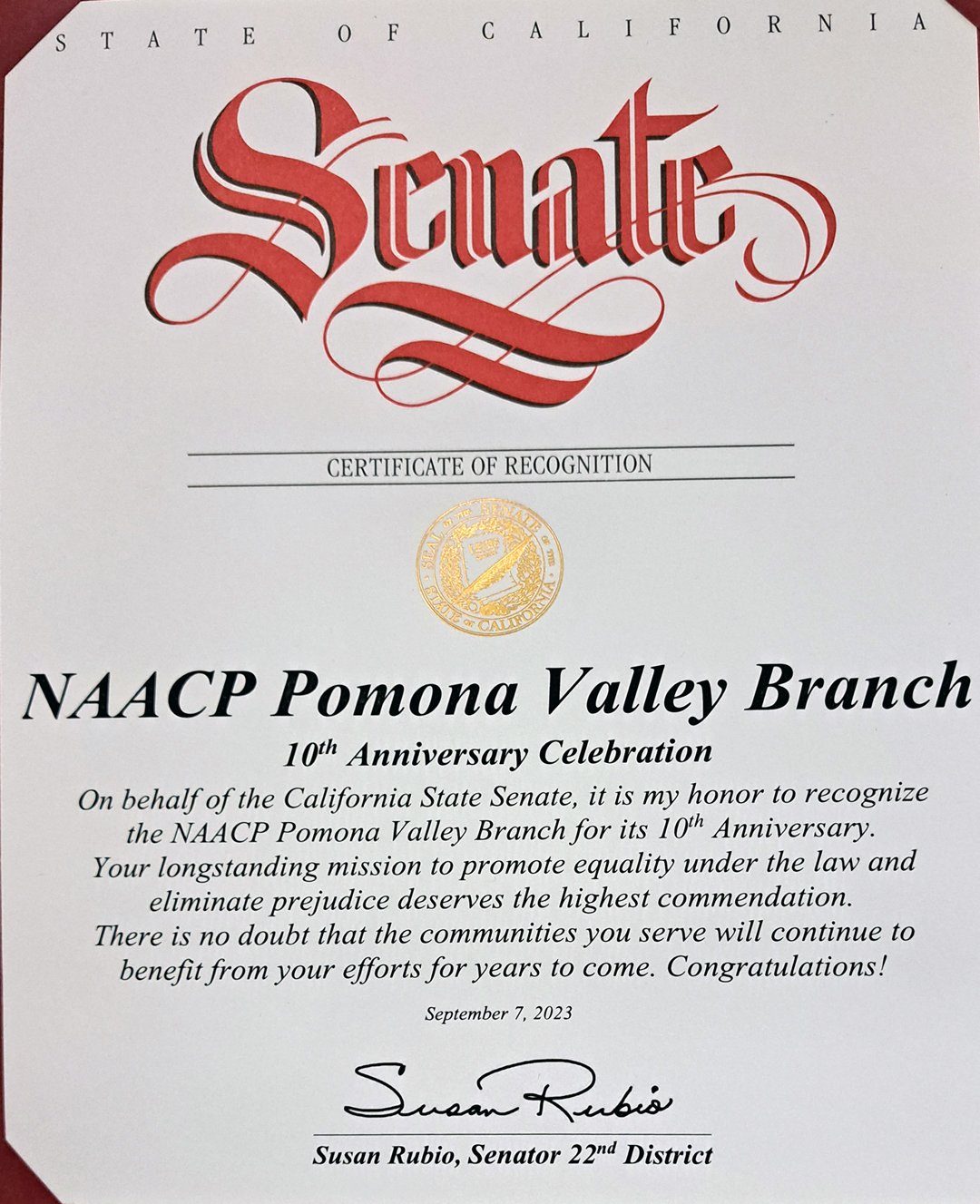
1:00 p.m. PST
YouTube
https://bit.ly/MaryDTalkShow911
Your Like & Subscribe appreciated.
They were accountants, college-educated professionals, high-ranking military officers with Purple Heart medals, husbands, wives, mothers, fathers and even children. Proud citizens living the American Dream, they were also Black when they died 22 years ago on September 11.
-
They were accountants, college-educated professionals, high-ranking military officers with Purple Heart medals, husbands, wives, mothers, fathers and even children. Proud citizens living the American Dream, they were also Black when they died 22 years ago on September 11.
For years they led productive lives and managed successful careers before they perished when a hijacked American Airlines Boeing 757 smashed into the headquarters building of the U.S. Department of Defense, the Pentagon, that day.
Today, 49 of the 125 victims of the terrorist attacks at the Pentagon remain a group of forgotten Americans whose names and faces are rarely shown or mentioned on the anniversary of the most horrific day in American history.
This weekend, the nation will reach another milestone as it marks the 20th Anniversary of the September 11 attacks.
There will be speeches, moments of silence and the reading of the names at the 911 Memorial site in New York where the World Trade Center once stood before terrorists flew two planes into them, killing 2,996 people.
At the Pentagon, 189 people died after one part of the massive building was struck by an airplane. In Shanksville, Pennsylvania, 44 people died when terrorists crashed United Airlines Flight 93 in a vacant field.
Many Americans may not know that hundreds of Blacks were among those who perished that day. About 267 Blacks died that late summer morning in New York City, Washington, D.C., and Shanksville, PA. According to the Centers for Disease Control and Prevention, 215 Blacks died in the attacks on the World Trade Center. About 49 Blacks died at the Pentagon and three died in Shanksville, PA.
September 11 has grown into a hallowed, solemn day that is laced with American patriotism and reverence of the nation’s military. But year after year, on the anniversary of the worst terrorist attack on American soil, news organizations run stories on the lives of the victims, many of whom were white, Jewish, accomplished and affluent citizens who had high-paying jobs on Wall Street and in Washington, D.C., before their lives ended.
The images of white businessmen escaping the Twin Towers of the World Trade Center injured, in suits caked with debris, has somehow given many the impression that the September 11 attacks were tragedies affecting America’s upper crust and privileged elite. In reality, the attacks were a tragedy that affected all races, including Blacks.
In death, as in life, the Black victims were also well-educated Black professionals and military officers. To some, it is another event that makes Blacks feel less American and less patriotic about a country they spent their entire lives helping to build.
In 2011, on the Tenth Anniversary of the attacks, Time Magazine published “Beyond 9/11: Portraits of Resilience,” a photo-rich commemorative edition. Of 64 pages, there were no photos of identifiable Black Americans. Asked about the omission by the online Black publication The Root, a Time Magazine spokesman declined to comment. In 2006, Jason Thomas, a former U.S. Marine who helped to rescue a pair of Port Authority police officers in the rubble, was portrayed by a white actor in the film “World Trade Center.” But that same year, Gary Commock, a Black actor, played the late First Officer Leroy Homer in “United 93,” which chronicles the September 11 crash in Shanksville, PA.
In 2002, the New York Times reported that of the 343 firefighters killed that day, about a dozen were Black and a dozen were Hispanic. The story came amid a controversy over a decision to create a memorial statue that was based on three white men.
After the Twin Towers at the World Trade Center collapsed on September 11, Paula Edgar from Brooklyn lost her mother, Joan Donna Griffith, according to an article in Essence Magazine on the 15th Anniversary in 2016. She was in the South Tower, which was the first to collapse after both were hit.
“The day it happened it was very jarring because I was 3,000 miles away from home; I was living in California,” said Edgar, who had moved to California in 1997. “Being so far away and knowing that everything was happening, and my family was being impacted was really hard to deal with. I felt like I couldn’t reach out and touch them.”
“Phone lines were down and the only real connection that you had was through the television,” Edgar told Essence. “I had gotten this sixty-inch television two days before so, literally, I saw the towers fall really crisp and really clearly first thing in the morning on that Tuesday.”
Edgar said her “mother didn’t have the opportunity to live her life and fulfill the dreams that she had.”
All three September 11 memorial sites have since erected living memorials dedicated to all the victims. Their names are etched in granite and marble slabs that attract visitors year-round. None have the pictures of the victims, which could help educate future generations about the full story of the victims of September 11.
One online publication where visitors can learn the identity of the September 11 victims and their individual stories is The Pentagon Memorial Fund website. The platform has pictures and stories of every victim who died during the attack on the Pentagon.
The Crusader visibly identified 49 Black victims. At least 14 worked in the Pentagon, 17 served in the U.S. Army and eight served in the U.S. Navy. At least eight were budget analysts at the Pentagon and four were accountants there. Three were teachers in the Washington, D.C., area and three were elementary school children who were just 11 years old when the building was hit.
The website also lists all the victims in the World Trade Center attacks, but it understandably doesn’t include all the photos of the thousands of victims. But one can get a full scope of the lives of Blacks who were at the Pentagon or on American Airlines Flight 77 during the attack.
The flight was scheduled to travel from Dulles International Airport near Washington, D.C., to Los Angeles International Airport on September 11, 2001.
Five hijackers boarded the flight. One of the hijackers, Hani Hanjour, was a trained pilot. About half an hour after takeoff, the hijackers took control of the aircraft. At 8:54 the westbound plane turned to the south, a deviation from its flight plan. Two minutes later, the airplane’s transponder was turned off. Radar contact was also lost.
The hijacked plane traveled undetected back toward Washington for 36 minutes. At 9:32 a.m., air traffic controllers at Dulles found an unidentified aircraft traveling east at a high rate of speed and notified officials at Reagan National Airport. At 9:37 a.m. Flight 77 slammed into the Pentagon.
The plane hit the outer wall between the first and second floors of the building. The jet fuel exploded into a fireball. A half an hour later, a section of the building above where the plane hit collapsed. By that time, most people working at the Pentagon had been evacuated. However, 125 people working in the building were killed, as were the 64 crew, passengers, and hijackers on the plane.
The Black victims of the 911 terrorist attacks are for the most part remembered as nameless and faceless statistics. But they, too, have stories, of family, career, school, of lives ripe with future plans.
One Black victim, Amelia V. Fields, was celebrating her 46th birthday that day. Her husband and high school sweetheart, William Fields, a retired Marine Corps master sergeant, slipped out of their home during breakfast to place a surprise birthday card in her car. While she headed to work at the Pentagon, where she was a civilian secretary for the Army, he baked a chocolate cake for when she would have arrived home that night.
Fields has not been heard from since the attack. Her husband remains uncertain how to register certain aspects of her fate. She had worked there for only two days, having been assigned previously to Fort Belvoir in Fairfax County, Virginia.
Another victim, Sara M. Clark, 65, and her fiancé had decided to have their wedding reception at a yacht club in Baltimore. The Sunday before Tuesday, September 11, they went shopping for wedding bands. On Tuesday morning, they kissed, embraced and said, “I love you,” to each other before she left their Columbia home for Dulles International Airport.
Dr. Yeneneh Betru, born in Addis Ababa, Ethiopia, immigrated to the United States in 1982 with the dream of becoming a physician. He attended high school at the Abbey School in Colorado, College at Loyola Marymount in Los Angeles, Medical School at the University of Michigan, and later completed his residency at Los Angeles County–USC Medical Center. During the last three years, he worked as the Director of Medical Affairs for IPC–The Hospitalist Company in Burbank, California. He was only 35 years old.
Major Clifford Patterson is one of four high-ranking Black military officers who earned the prestigious Purple Heart medal before he perished in the Pentagon attack. Patterson, who served in the U.S. Army, left behind a wife and two young sons. He is buried at Arlington National Cemetery.
Eddie Dillard, 53, from Gary, Indi- ana, was on his way to California, where he planned to paint a house he owned in Los Angeles and visit his only child, who lives in the East Bay area. He was a retired marketing executive with Philip Morris Tobacco Company.
Asia Cottom, 11, had just started sixth grade at a new school, eager to learn and pleased to be at the campus where her father worked. She and her teacher Sara Clark were selected to take a four-day trip to California to participate in a National Geographic Society ecology conference. They never made it.
Another 11-year-old victim, Rodney Dickens, grew up in several tough Washington neighborhoods, but he had always made the honor roll. His life was cut short when he and his teacher at Ketcham Elementary School boarded American Airlines Flight 77.
Thanks to the generosity of funding provided by The Field Foundation of Illinois, Inc. in producing this article.
(Published in the Chicago Crusader Newspaper September 11, 2021)
-
The 9/11 attacks on the U.S on September 11, 2001 were arguably the most tragic events in the history of the country. Airliners crashed into the World Trade Center in New York City, the Pentagon in Washington, D.C. and into a field in Shanksville, Pennsylvania. More than 2,753 people were killed in the New York attacks, 256 on the four planes, and 125 at the Pentagon. While all Americans suffered an indescribable feeling of horror and loss on that fateful day, African Americans were no less impacted by this American tragedy.
Accurately documenting and highlighting the impact of 9/11 on African Americans has been a challenging task. Complicated by the politics of race and the tendency to either ignore or obscure the African American presence in events of national importance the nation has been slow in recognizing African American victims of 9/11. Some have referred to this lack of acknowledgement as the “white washing of 9/11.” The presentation of 9/11 as largely premised around white heroics minimized the role of African Americans.
Almost from the outset, memorialization of 9/11 reflected “white washing.” This is evident in the initial statute honoring members of the Fire Department of New York (FDNY) killed in the attack. It featured three white firefighters. In 2002, the New York Times reported that 12 Black firefighters were among the 343 firefighters killed in the attack. In 2011, the tenth anniversary of the attack, Time Magazine published a ten-year commemorative issue, Beyond 9/11 which included no photos of identifiable African Americans.
To address these omissions, relatives of survivors have been at the forefront of efforts to preserve the memory of Black victims of the 9/11 tragedy. In the case of the 12 African American firefighters killed on 9/11, Irene Smith, mother of Leon Smith, a firefighter at Ladder 118 in Brooklyn, New York, has been active in preserving their memory. Likewise, Ethel Henry, now 96 years old, does not miss an opportunity to honor the memory of her son William Henry. Henry was a 20 year veteran of the fire department and was based in Rescue 1 in Manhattan. The names of the 12 Black firefighters killed in the attacks include, Gerard Baptiste, Vernon Cherry, Tarel Coleman, Andre Fletcher, Keith Glascoe, Ronnie Henderson, William Henry, Karl Joseph, Keith Roy Maynard, Shawn Powell, Vernon Richard, and Leon Smith.
:
Black victims of all ages died on the planes that hit the Twin Towers. Paula Edgar lost her mother Joan Donna Griffith on that fateful day. Joan Donna Griffith was an Assistant Vice President and Office Manager at Fiduciary Trust. She worked on the 97th floor of the South Tower of the World Trade Center. Griffith was a survivor of the 1993 World Trade Bombing. She perished when the South Towers collapsed. Two children, Asia Cottom and Rodney Dickens, also perished on the planes that hit the Twin Towers. Cottom had just started sixth grade at a new school. She was selected to take a four-day trip to California to take part in a National Geographic Society ecology conference. Rodney Dickens, an honor roll student, who grew up in tough neighborhoods, died aboard American Airlines Flight 77.
At the Pentagon,49 of the 125 victims were Black. Manor Clifford Patterson, recipient of the Purple Heart, perished in the attack. He left behind a wife and two young sons.
Amelia Fields was a civilian secretary for the army. She worked at the Pentagon for only two days before her death.
Twenty years after 9/11, the stories of the victims must be told. This narration is especially true for the Black victims. Their stories should not be whitewashed and their lives matter. They were living, breathing human beings whose lives were cut short in a senseless tragedy. If we have learned nothing from the current twin pandemics of COVID-19 and police brutality against Black citizens, we should value human life and ensure that everyone’s story, regardless of race, class, gender and sexuality is told and acknowledged.
-
On the anniversary of the Sept. 11 attacks, it’s important to take a moment to reflect on the lives lost on one of the most tragic days in U.S. history.
In the New York City Fire Department, which is overwhelmingly white, 12 Black firefighters lost their lives while responding to World Trade Center attacks, and now their mothers are fighting to keep their sons’ memories alive.
From the Huffington Post:
It was Leon Smith's dream to become a firefighter, Smith said. Growing up in Brooklyn, N.Y., the family lived right across the street from a firehouse. She said she always knew just where to find her boy. "He knew his calling even then," she said.
Leon was the driver for Ladder Company 118 in Brooklyn, on September 11, 2001, and one of 343 New York City firefighters to die while responding to the World Trade Center attacks.
“In Leon's company there were eight firefighters that got killed," Smith said. "They found the remains of six of them. They have never found my son. I have a tombstone on an empty grave. One of these days I'll have them, and I'll bury him. I'll never give up."
When the towers crumbled, Smith became part of a tragic sorority of mothers whose boys grew up to be firefighters who died as heroes. But she is also part of another circle of women, a much smaller group whose story of loss on 9/11 mirrors that of the entire FDNY family, but one often forgotten or buried in the heaps of pain.
(Photo by Tayfun Coskun/Anadolu Agency via Getty Images)
-
Two victims of the Sept. 11, 2001 terrorist attacks on New York City’s World Trade Center have been identified.
According to local station News 12, Dorothy Morgan of Hempstead, N.Y., and a man not currently being named were identified via DNA recovered between 2001 and 2006.
Morgan, a 47-year-old grandmother, becomes the 1,646th victim of 9/11 to be identified. More than 2,900 were killed in the attack and many of their bodies were never recovered. Morgan’s identification comes just days short of the 20th anniversary of the attacks.
NAACP Pomona Valley Branch 2023/2024 Executive Committee
* President……….Jeanette EllisRoyston
* First Vice President……….Ivory Brown
* Second Vice President……….Ted Burnett
* Secretary……….Kathryn Martens
* Treasurer……….James Shirley
* Chaplain……….Myron Hester
*Civic Collegiate Engagement……….Jerry Fenning
* Religious Affairs (Acting)……….Natalie Shiras
* Education (Acting)……….Yo-Landa Brown
* Communication……….Open
* Facebook/Instagram Liaison……….MaLynda Cooper
* Health Affairs……….Ted Burnett/Jeanette EllisRoyston..
* Labor/Employment Affairs……….Willie Williams Esq.
* Human Trafficking……….Open
* Legal Redress……….Entire Executive Committee
-
The March on Washington 1968: Reflecting on Change and Unfinished Business
On this significant anniversary of the March on Washington in 1968, we stand at a crossroads of history, reflecting on the progress made and the challenges that persist in the United States. The March on Washington, a watershed moment in the civil rights movement, marked a turning point in American history, demanding racial equality and justice. As we examine what has changed and what remains unchanged, we must also critically assess the changes needed currently and in the future for a more just and inclusive society.
The March on Washington: A Pivotal Moment
The March on Washington for Jobs and Freedom, held on August 28, 1963, was a historic event that brought together over 250,000 people to the National Mall in Washington, D.C. It was a manifestation of the collective yearning for civil rights, economic justice, and an end to racial segregation. The march culminated in Dr. Martin Luther King Jr.'s iconic "I Have a Dream" speech, a passionate call for an America where individuals would be judged by their character rather than the color of their skin.
The march exerted significant pressure on the U.S. government and played a pivotal role in shaping the Civil Rights Act of 1964 and the Voting Rights Act of 1965. These legislations marked essential milestones in the fight against racial discrimination, opening doors to previously excluded opportunities for African Americans and other marginalized groups.
Progress Made: A Glimpse into Change
Since the March on Washington, the United States has undergone substantial transformations. Legal barriers to equality have been dismantled, leading to greater access to education, employment, and political participation for African Americans. Moreover, the nation's consciousness has been raised, and society has made strides in acknowledging the wrongs of its past.
Notably, the election of Barack Obama as the 44th President of the United States in 2008 marked a monumental moment in American history. It signified a shift toward greater inclusivity, showing that barriers based on race could be overcome at the highest levels of leadership. This achievement offered hope that progress was being made, and that the nation was moving closer to realizing the dream of a just society.
Persistent Challenges: The Unchanged Landscape
However, despite these advances, it would be naïve to think that the march's goals have been fully realized. Many challenges from 1968 still linger in contemporary America. Racial disparities in areas such as education, income, healthcare, and criminal justice persist, illustrating that systemic inequalities endure. While overt racism may have become less socially acceptable, subtle forms of bias and discrimination continue to shape the experiences of marginalized communities.
The rise of social movements like Black Lives Matter in recent years has brought renewed attention to these issues. Incidents of police violence against Black individuals, often leading to tragic deaths, have sparked nationwide protests, demonstrating that the fight for racial justice is far from over. These events have underscored the urgent need to address the structural inequalities that underpin these injustices.
Current Changes Needed: A Call to Action
As we commemorate the March on Washington, it is clear that the work of eradicating racism and achieving equality is far from complete. Meaningful change requires concerted effort from individuals, communities, and institutions. There are several areas where immediate action is necessary:
1. Criminal Justice Reform: The criminal justice system remains a focal point of inequality. Comprehensive reform is required to address racial profiling, excessive use of force, and discriminatory sentencing. This includes reevaluating policing methods, advocating for police accountability, and investing in community-based solutions.
2. Education Equity: Educational disparities continue to perpetuate inequality. Addressing the school-to-prison pipeline, ensuring equitable funding for schools, and providing resources for underprivileged students are crucial steps in creating an inclusive education system.
3. Economic Empowerment: Economic disparities persist along racial lines. Policies that promote fair wages, affordable housing, and access to capital for minority-owned businesses can help bridge the wealth gap.
4. Voting Rights Protection: Recent efforts to restrict voting access disproportionately affect minority communities. Protecting and expanding voting rights is essential to ensure that all citizens have an equal voice in the democratic process.
Future Changes: Aspiring Towards Equality
Looking ahead, envisioning the changes needed for a better future demands a broader perspective. Achieving true equality requires a shift in societal attitudes, institutional practices, and policy frameworks. Some areas to consider for long-term change include:
1. Comprehensive Systemic Change: Addressing systemic racism requires dismantling discriminatory structures embedded within institutions. This involves reevaluating policies, procedures, and practices that perpetuate inequality.
2. Intersectionality: Recognizing the interconnectedness of various forms of discrimination is crucial. Gender, sexual orientation, and other aspects of identity intersect with race to create unique experiences of oppression that must be addressed comprehensively.
3. Education and Empathy: Promoting education about the history of racial injustice and fostering empathy is essential for changing attitudes. This can facilitate difficult conversations and encourage individuals to actively challenge their biases.
4. Economic Redistribution: Addressing economic disparities requires not only equal opportunity but also equitable distribution of resources. Policies that focus on wealth redistribution can create a more just society.
5. Political Engagement: Increased representation of marginalized communities in political leadership is vital. This ensures that policies are crafted with the needs and perspectives of all citizens in mind.
Conclusion
As we commemorate the March on Washington in 1968, we stand at a pivotal juncture in history. Progress has been made, yet challenges remain. The legacy of the march calls on us to take stock of the strides achieved and the work yet to be done. To achieve a more just and equitable society, we must collectively commit to addressing the deeply ingrained inequalities that persist, fostering empathy and understanding, and advocating for comprehensive changes that touch every facet of American life. The future holds the promise of a more inclusive nation, but it is up to us to translate that promise into reality.
You may believe that your participation and donations do not matter...but you are wrong!
Change is never easy or fast. Change is a slow process that happens when people decide that the status quo is not acceptable. If your desire is to be part of the solution and not the problem, you can become a change agent for our society.
"Remember, most organizations start small, but
their impact to our society is always greater then they will ever know."
We are proud to announce the 4th Annual Virtual Graduate Salute!
Parents/Family & Friends/Fellow Students - Do you have a special 2023 graduate (Preschool - University) in your life from one of the 10 Cities that we serve (Chino, San Dimas, LaVerne, Claremont, Ontario, Pomona, Diamond Bar, Montclair, Upland or Chino Hills)?
If so, the NAACP Pomona Valley Branch would like to acknowledge them.
Please send an email to Branch President Jeanette EllisRoyston at NAACP.president.PVB@gmail.com with the following information:
• Graduate's Name
• Your Relation to the Graduate
• School/Institution & City and State
• Degree/Certificate/Diploma/School Promotion to Next Grade
• For Higher Education Only - Course of Study
• Sentence regarding future plans
• Photo [Optional]
DEADLINE:
We will share graduate highlights weekly through July 31, 2023. Send your graduate’s information today!
Stronger Together in 2023: Our Beloved Community
NAACP PVB WILL HOST AN IN-PERSON REPARATIONS TOWNHALL
IF YOU ARE INTERESTED AND AVAILABLE TO ATTEND
CALL 909-620-0433
Jeanette EllisRoyston, Branch President
"Seeking 50 Veterans to participant in complete uniform"
Please call 909-620-0433 NAACP PVB office or email jrellisroyston1@verizon.net....your name and phone#
Take a deep breath…
Listen to what our Black Doctors have to say about COVID and the Holidays
Delegates to the NAACP State Convention 2022
Ca Hi NAACP State Conference Convention, Oct. 20 thru Oct. 23, 2022. Marriott Hotel Los Angeles.Six NAACP PVB delegates attend and cast their vote.
Attention City of Pomona Residents
Every 10 years our City Charter is open for review to increase the quality of life for all residents. For the past 18 months or so the Charter Amendment Committee has met diligently to draft the following 8 measures (linked below) that will be on the November ballot for your YES OR NO Vote.
Please review and let me know if you would like NAACP PVB to set up a ZOOM meeting with the Pomona Charter Amendment Committee. Remember this can be a learning experience for the other 9 cities we serve.
I would like to Thank John Clifford and the Committee for their insight and thorough work to improve the quality of life in the City of Pomona for all residents regardless of his/her zip code.
Please email naacp.president.pvb@gmail.com if you are interested.
Madam President
Last week, the Department of Justice charged the four officers involved in the 2020 murder of Breonna Taylor with federal civil rights violations. Back in 2020, you were one of about 1.4 million Color Of Change members who took action in response to Taylor’s murder, demanding accountability from both the Louisville Metropolitan Police Department and the DOJ.
While it does not change the fact that Breonna Taylor should be alive today, we hope that this news provides a small measure of relief to Breonna Taylor’s family. Our fight to build a safer, more equitable world for Black people continues.
You demanded justice for Breonna, and we must continue to demand justice for 25-year-old Jayland Walker. In June, eight Akron Police Department officers shot at Jayland more than 90 times in seven seconds after a “routine” traffic stop. Jayland suffered 46 gunshot wounds and died. Those officers are still on paid administrative leave.
The 988 hotline is live and open now!
988 Suicide & Crisis Lifeline (Launched on July 16, 2022)
A national network of local crisis centers that provides free and confidential emotional support to people in suicidal crisis or emotional distress 24/7 throughout the U.S. via phone call, text messaging, or online chat. (Please note that longstanding phone number for the National Suicide Prevention Lifeline at (800) 273-8255 will remain operational after July 16, 2022)
Credit: LA County Department of Mental Health
https://dmh.lacounty.gov/get-help-now/
Jayla Sheffield
Pomona High School
Attending: Howard University
Major: Political Science/ Social Justice
Thomas Ward
Pomona High School
Activities Director/Mentor
Attending: San Francisco State University
Major: Fashion Design/Branding
Olivia Magby
The University of La Verne
Bachelor's in Sociology with a concentration in Social Justice
“I will be pursuing a career in promoting Social Justice and furthering my education.”
Rakiyah M. Wilson
Rancho Cucamonga High School
Attending: Southern University, Baton Rouge
Major: Biology
Kristen Gibson
Colony HS - Ontario
Honor student
Accepted on a full scholarship to attend the University of Ca. Riverside
Major in Biology
Also hired as an avid tutor at Colony HS
May 25, 2022
PUSD SUPERINTENDENT RICHARD MARTINEZ’S STATEMENT ON VIOLENCE IN OUR NATION AFFECTING SCHOOL CHILDREN IN ALL U.S. COMMUNITIES
Pomona Unified School District Students, Staff, and Families:
Our hearts go out to the staff, kids, and families of the Robb Elementary School community in Uvalde, Texas. As well, our condolences are with the families of the grocery store shoppers who were massacred in Buffalo, NY. We also send our warmest thoughts to the families of the church members in neighboring Orange County who were shot and wounded as they worshipped. As a nation, as a community, and as a school district, we are all grappling with trying to understand the cause of routine and senseless violence within our nation’s communities and schools.
As a parent, I am keenly aware of the angst that is felt when parents and students question whether it is safe to continue going to school, shopping in a grocery store, and/or worshipping in church. We all have an expectation that our child(ren) will be safe at school, in the market, or within worship services. I encourage us to continue working together as a school community to provide the safest and richest learning environment for all of our students. While we struggle with controlling the elements in our nation, we can certainly continue to refine our collaborative efforts for the benefit of every single PUSD student.
Pomona Unified School District is committed to ensuring the safety of our schools, and we could always use the added support of watchful parents and guardians. Safety is a wrap-around and around-the-clock effort. Every set of eyes and ears focused on the maximum safety of our students creates a stronger safety barrier. Whenever you see or hear something, please say something. We wholeheartedly welcome these efforts. We all play an important role in safety.
Our promise to you as a parent, a staff member, and as a student, is that our district will always prioritize training and the alignment of resources to support physical and mental health. We are in this together! We will weather the storm of violence in our nation together as a solid and unified district comprised of knowledgeable staff, loving parents, and inspired students.
Please take time to review the following resources and converse about seeing something, and saying something to the appropriate authorities (PUSD Crisis Support Resources).
Respectfully,
Richard Martinez
Superintendent
United Nations Association of Pomona Valley
“Taboo No More”
The Zimbabwe Sanitary Napkin Project
Tuesday, April 19, 7 PM with:
Kebokile Dengu-Zvobgo
President -UNA of Pomona Valley; Associate Dean, International Programs & Study Abroad, Pitzer College
and Elizabeth Wright,
Co-leader of the Zimbabwe project; Past president of Rotary Club
For information and to request Zoom link.
Charlene Martin cmartin335@gmail.com
The “Global Issues Programs” are free and open to the public
EQUITY, JUSTICE & EARTH DAY
April always brings a new beginning with spring and the global celebration of Mother Earth. As drought ravages the West Coast and the State of California, I’d be remiss if I did not speak to the current situation.
Just like the previous drought which lasted from 2012 to 2016, we are once again seeing threats to one of the sources of the nation’s produce. Just like before, the drought will have long-lasting consequences for the area’s most vulnerable residents. Three of California’s most vulnerable communities who were disproportionately affected by the last drought: rural farmworkers, communities of color in the state’s Central Valley, and Indigenous communities are again at the door of financial destruction due to the impacts of the drought.
Environmental and climate justice is a civil rights issue. Climate change is not going away and droughts are not going away. Both statewide and locally we have to be engaged in the difficult and important conversations that need to be had to advocate for policies that rectify impacts of climate change on our communities. We have to be involved in advancing a society that fosters sustainable, cooperative, regenerative communities.
I have always said where you have challenges you have an opportunity.
It’s not too late for us to collectively act in the interest of our planet and our community by fighting for a healthy, safe environment for all.
We will continue our fight for climate justice as we head into Earth Day. I look to our CA/HI NAACP leaders in lending their voices in this charge.
Yours in the fight,
Rick L. Callender, ESQ.
CA/HI NAACP
President
Primary elections have begun. Soon you will begin seeing anti-voter laws in action: limiting the number of drop boxes in high-density areas, purging voting rolls, and adding obstacles for working people, seniors, young, and first-time voters. That’s why your support of the League is crucial.
This election cycle could decide the fate of many important issues, like climate change and a woman’s right to choose. That’s why it’s so important to know how the new voting laws will affect you and what you need to do right now to be prepared to vote.
At least 18,000 ballots have been rejected in the March Texas primary election thanks to the controversial new voting law, SB-1. Pam Gaskin, a member of the League of Women Voters of Houston for more than 25 years, almost missed the deadline after having her application for a mail-in ballot rejected twice this year. Pam has been voting by mail for six or seven years, without incident. This time around it was a nightmare. Pam says, “They’re making voting hard. Period.”
Artificial Intelligence Literacy is a Civil Rights Issue
Most of us want our personal information to be safe.
Yet today, many large corporations collect and profit from our personal, often private, information without us knowing who has it or what they are doing with it. Data gathering, used for artificial intelligence (AI) applications, is done as part of their business model, not for the public good.
Various corporations pull data from social media, our medical providers, when we fill out a credit application, or even as we pass by a video camera.
We can’t see what is being collected or fix it if it is wrong, yet it negatively impacts people (especially people of color) in the way it controls who gets hired, who gets arrested, who gets a loan, who gets accepted to college, and what medical treatment is given or withheld.
We can join together and insist our leaders protect our personal information. In the same way we asked for and got regulations that ensure manufacturers build safer cars, we can get regulations that allow us to see and control our personal information.
Register for Townhall with special guest senator connie m. Leyva
Appearing at the NAACP Pomona Valley Branch Freedom Fundraiser,
David Judah Oliver
Kim Anthony, Mistress of ceremony
the 3rd Annual NAACP-PV Freedom Fundraiser
For more than twenty years, Kim Anthony has been passionate about bringing world-class personal growth and development programs to socioeconomically-challenged communities. But this is not where her journey begins.
Emancipating from the foster care system at 18 and facing real threats of a life of poverty, homelessness, drug abuse and sex trafficking, she was released to a bus stop with $130 to her name, the address to the local welfare office, and a worn-torn copy of Napoleon Hill’s success classic, ‘Success Through a Positive Mental Attitude,’ that had been discarded in a box of damaged books by the public library. “Applying principles from that book, I practically lived at that library, reading everything that I could get my hands on, to learn how to “re-raise myself” and “create a life that I could like myself for,” shares Kim.
Her “studies” paid off. She went on to become a successful entrepreneur, business journal publisher, radio talk show host, philanthropist, and even succeeded in the pageant world, with a year-long reign as Ms. California. In the nonprofit sector, she launched and consulted 320 nonprofit organizations in 31 states and raised more than $20 million dollars for community causes and charities.
Successful efforts of the NAACP Pomona Valley Branch!
Click the image above to register:
URGENT: FOR ALL PARENTS OR GUARDIANS WHO ARE INTERESTED IN ACCESSING THE CHILD TAX CREDIT
The expanded child tax credit – In President Biden's American Rescue Plan Law is a six-month expansion of the child tax credit. Monthly payments began on July 15, 2021. Payments include $300 for each child under age 6, and $250 for each child ages 6 to 17.
Couples earning less than $150,000 and single parents earning less than $112,500 qualify for the CTC expanded benefits. Attend tonight's important training to learn from the Department of the Treasury how you can access the Child Tax Credit.
This is time-sensitive information: The portal to access the tax credit will close on November 15, 2021.
Let’s work together to ensure corporations & legislators hear our voices about the impacts of profit-driven artificial intelligence
We, the NAACP PV Branch invite your attendance, your input, and your advice in an important undertaking of ours. All three, are vital in the success of educating Our Community about Artificial Intelligence (AI).
“Algorithmic discrimination and oppression: Algorithms built to automate procedures and trained on data within a racially unjust society end up replicating those racist outcomes in their results.”
Karen Hao, senior AI editor at MIT Technology Review
“There is no issue, no technology that will be more impactful on the lives of everyday citizens than AI. However, AI knowledge has been obscured behind excessive technical jargon and often intentionally hoarded by the creator class, to the detriment of society.”
Masheika Allgood, founder AllAI Consulting, LLC
If you wish to be on our mailing list for updates regarding Artificial Intelligence Educational Outreach,please submit your information below:
NAACP PVB strongly supports Senator Connie Leyva, who serves as Chair of the Senate Education Committee
Senator Leyva, speaks truth to power...."Tear down the fence!"
Educational Champion to close the gap between equity and social disparities for all kids, parents, and the community.
Thank you, Senator Leyva, for your mission and vision for the value and purpose of Early Childhood Learning for the kids and teachers.
As the spread of the delta variant of the coronavirus continues to rise, the U.S. Center for Disease Control and Prevention (CDC) released new guidance on face masks.
The CDC now recommends that people, regardless of their vaccination status, wear a face mask in certain indoor situations where there is a risk of “substantial and high transmission” of COVID-19. This includes schools, retail stores, and some businesses.
While health disparities leave African Americans vulnerable to COVID-19 at higher rates, our research shows that 51% of African Americans say they are fully vaccinated, and 54% continue to wear masks in public and private settings.
While we continue to learn more about the coronavirus and its delta and lambda variants, the NAACP’s COVID. Know More portal has information and resources you need to protect yourself, your family, and your community. Visit the website today, and fight back with facts.
Remember, if one of us is vulnerable, all of us are vulnerable.
Read. Share. Protect. Visit the COVID Know More information hub for additional insights. We're in this, together.
MSNBC: NAACP Vows to Pay Bail for Texas Lawmakers
President Johnson talks with MSNBC about the NAACP’s commitment to defending democracy. The organization announced it will pay the bail for any Texas lawmakers who are arrested in their efforts to block anti-voting bills, if necessary.
We are proud to announce the 2nd Annual Virtual Graduate Salute!
Parents/Family & Friends/Fellow Students - Do you have a special 2021 graduate (Preschool - University) in your life from one of the 10 Cities that we serve (Chino, San Dimas, LaVerne, Claremont, Ontario, Pomona, Diamond Bar, Montclair, Upland or Chino Hills)? If so, the NAACP Pomona Valley Branch would like to acknowledge them.
Please send an email to Branch President Jeanette EllisRoyston at president@naacp-pomona-valley.org with the following information:
Graduate's Name
Your Relation to the Graduate
School/Institution & City and State
Degree/Certificate/Diploma/School Promotion to Next Grade
For Higher Education Only - Course of Study
Sentence regarding future plans
Photo [Optional]
DEADLINE EXTENDED!
We will share graduate highlights weekly through July 31, 2021. Send your graduate’s information today!
Together We Are Stronger.
Stronger Together in 2021: Our Beloved Community
In honor of Breonna’s Birthday
March 10, 2021 CONTACT: Austin.Panush@sen.ca.gov
Senator Steven Bradford Comments on Governor
Newsom’s 2021 State of the State Address
SACRAMENTO – Yesterday evening, Governor Gavin Newsom delivered the 2021 State of the State Address and Senator Steven Bradford (D-Gardena) issued the following statement:
“A true leader is measured by how well they empower those around them. As Senate President pro Tem Atkins stated, we cannot return to the old normal — the one built on inequities and racism. The COVID-19 pandemic has acted as a magnifying glass on the extraordinary gaps women and minorities face in healthcare, education, business, housing, and justice. I agree with Governor Newsom, ‘it is not what we preach, but what we do.’ I am proud to be a member of a legislative body that invested $7.6 billion in hardworking small businesses and $6.6 billion to get kids back to school safely. The problems we faced a year ago haven’t changed, their impact on communities of color have just become more obvious. We have taken serious steps forward on the path to recovery for our diverse businesses and community members, but more needs to be done on criminal justice reform and equitable economic assistance to correct the failures of past policy. We must emerge from this pandemic as the Governor has promised, with equity embedded in everything.”
SoCalGas Supports NAACP College Scholarship Program with $75,000 Grant
Five students from the NAACP-PV Branch are among the scholarship recipients, they are Bijohn Stevenson, Rachel Barnes, Bryan Brown Thali Cobbs, and Terry Ford II . Read full story by clicking on image above.
Today, the Campaign for College Opportunity is proud to release the State of Higher Education for Black Californians, a landmark report that provides comprehensive data on the current state of college preparation, access, and success for Black residents and concrete steps to ensure a system of higher education in which Black students matter and equity is realized.
To read the report, click on image…
Creating meaningful college opportunity for Black Californians will require us to commit to the design and implementation of anti-racist policies and practices, and we urge you as leaders, educators, and policymakers to join us for our State of Higher Education for Black Californians webinar today at 10:30 a.m. PST. State experts will address some of the greatest education barriers that Black students in California face and share recommendations to ensure the success of Black students.
Register for this event now! (click image below)
NAACP Pomona Valley Branch Elections - A good time was had by all!
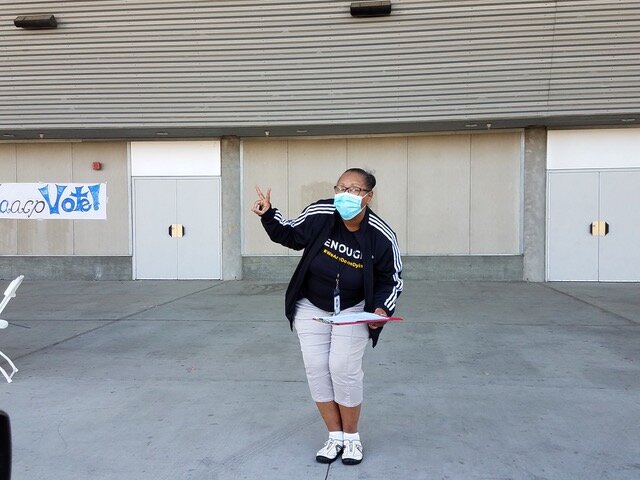
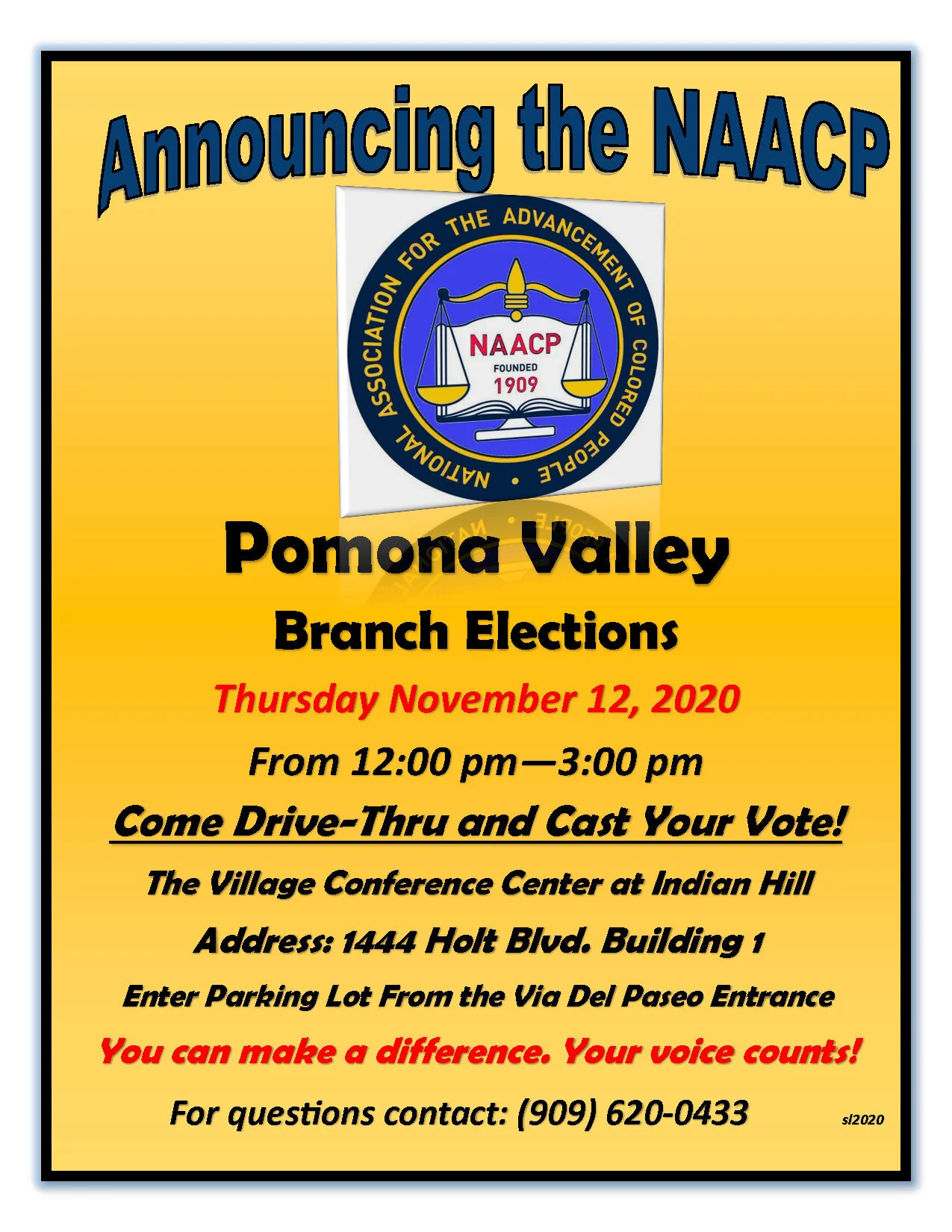
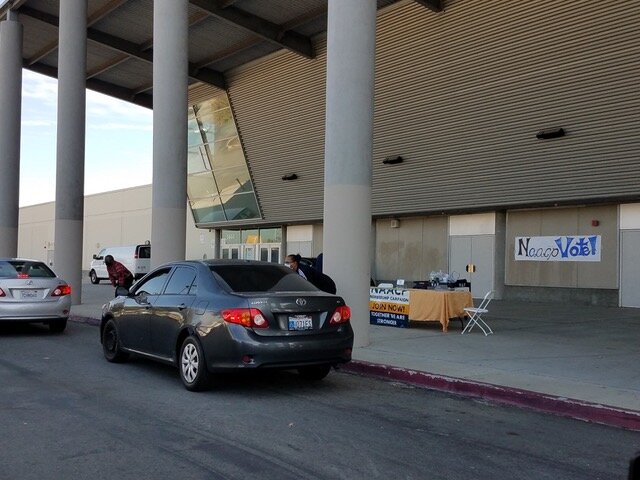
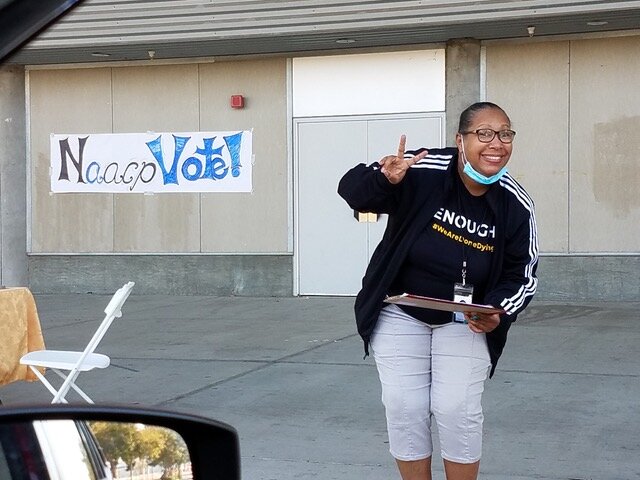
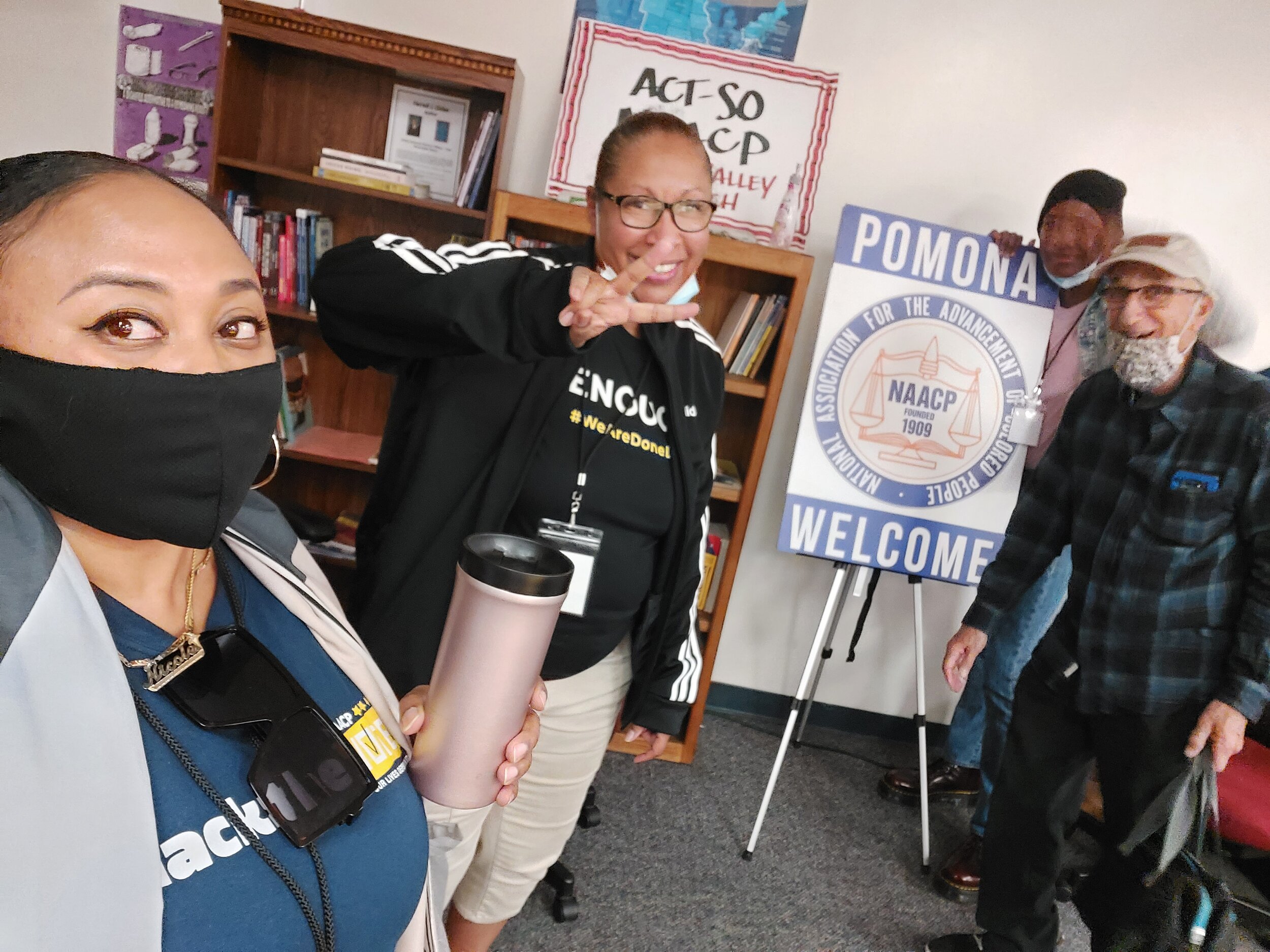
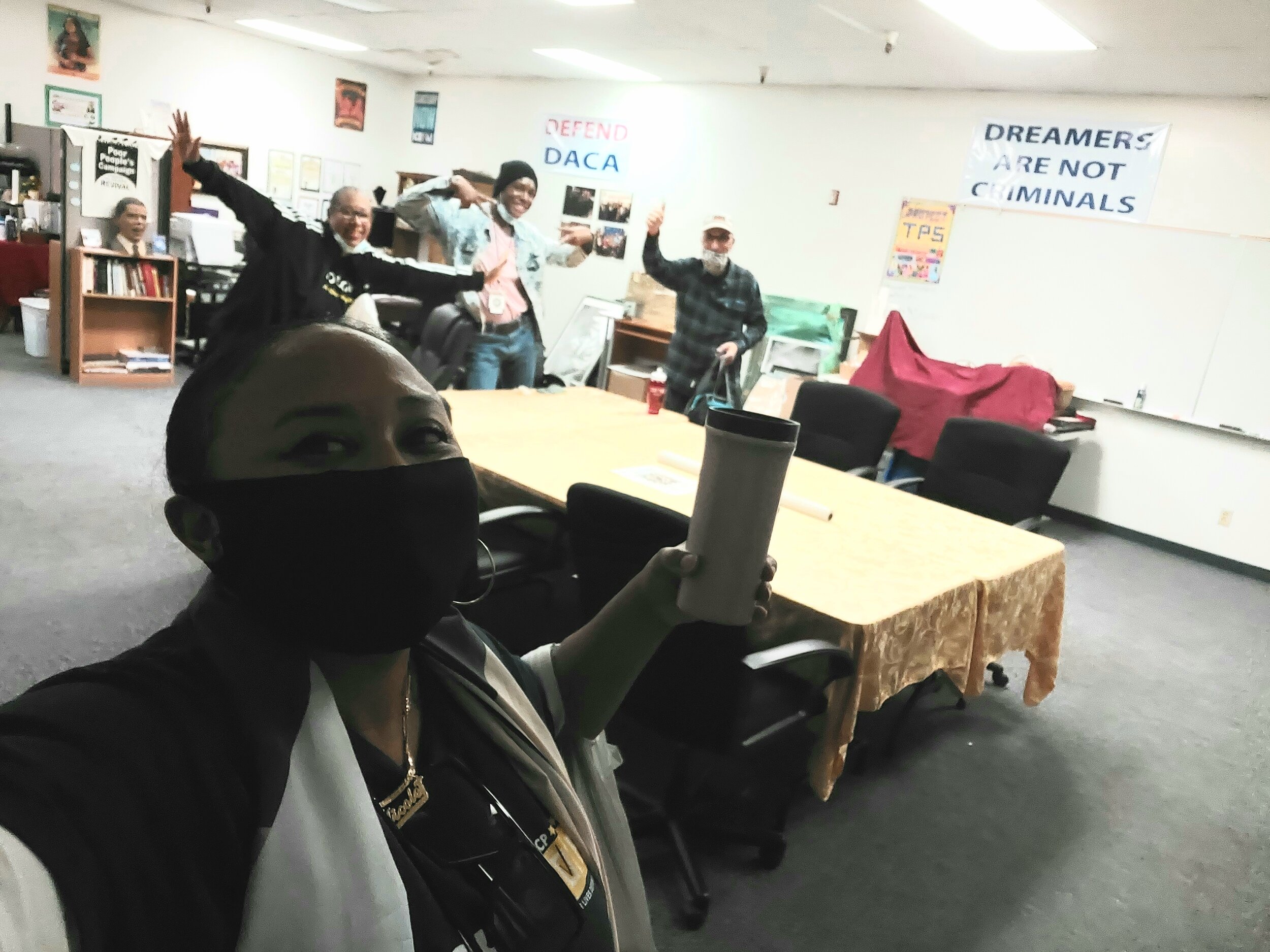
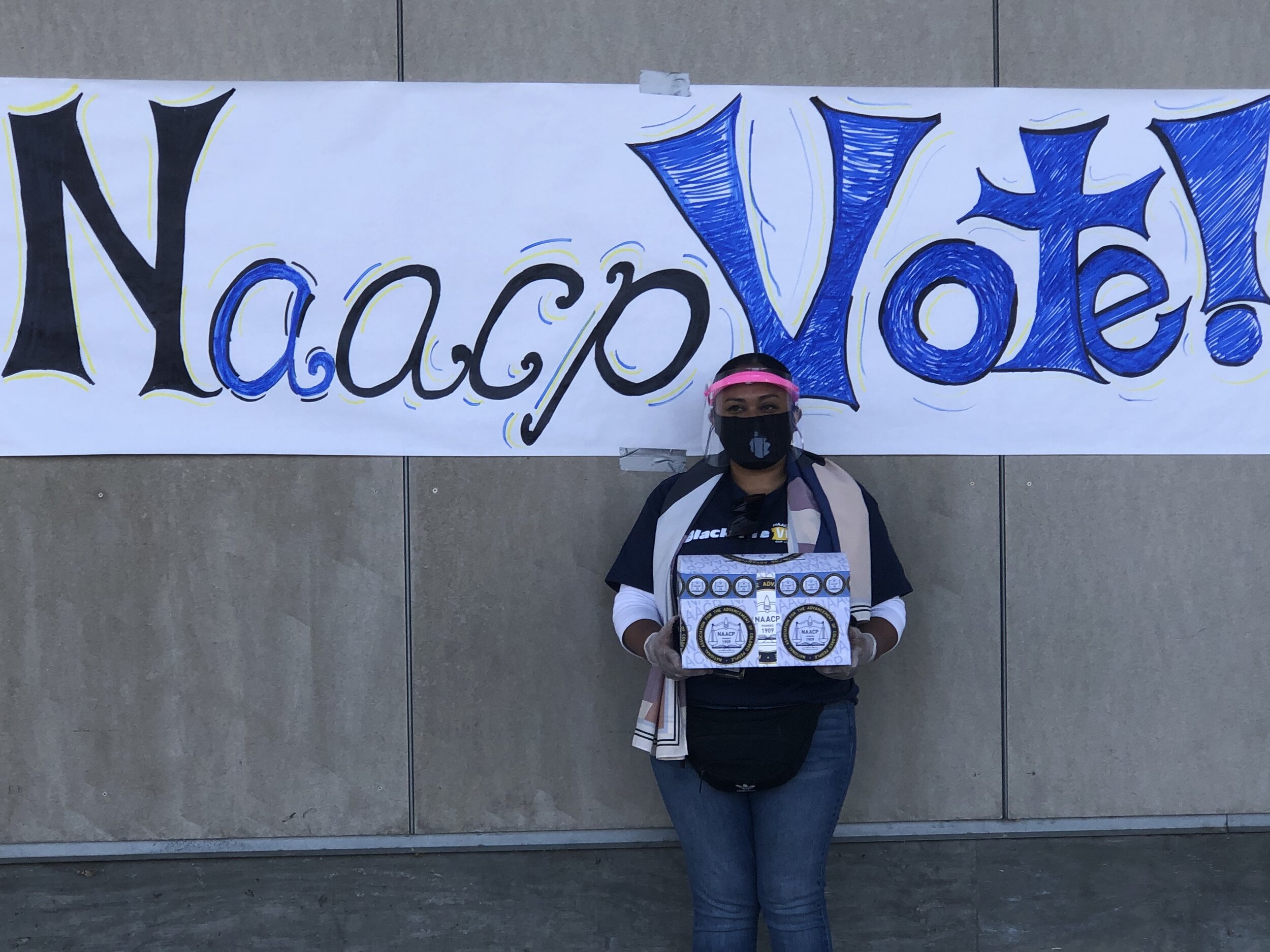
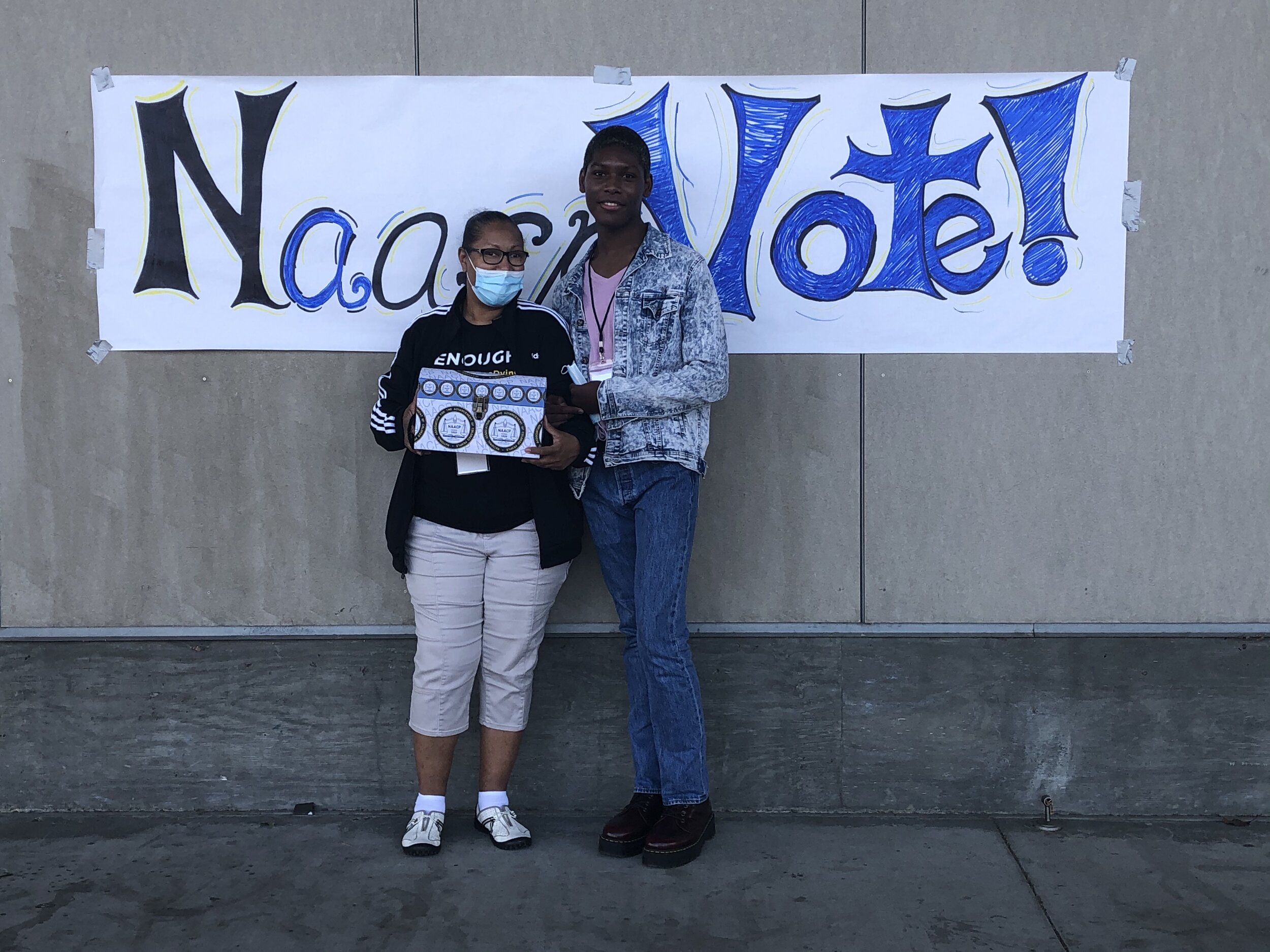
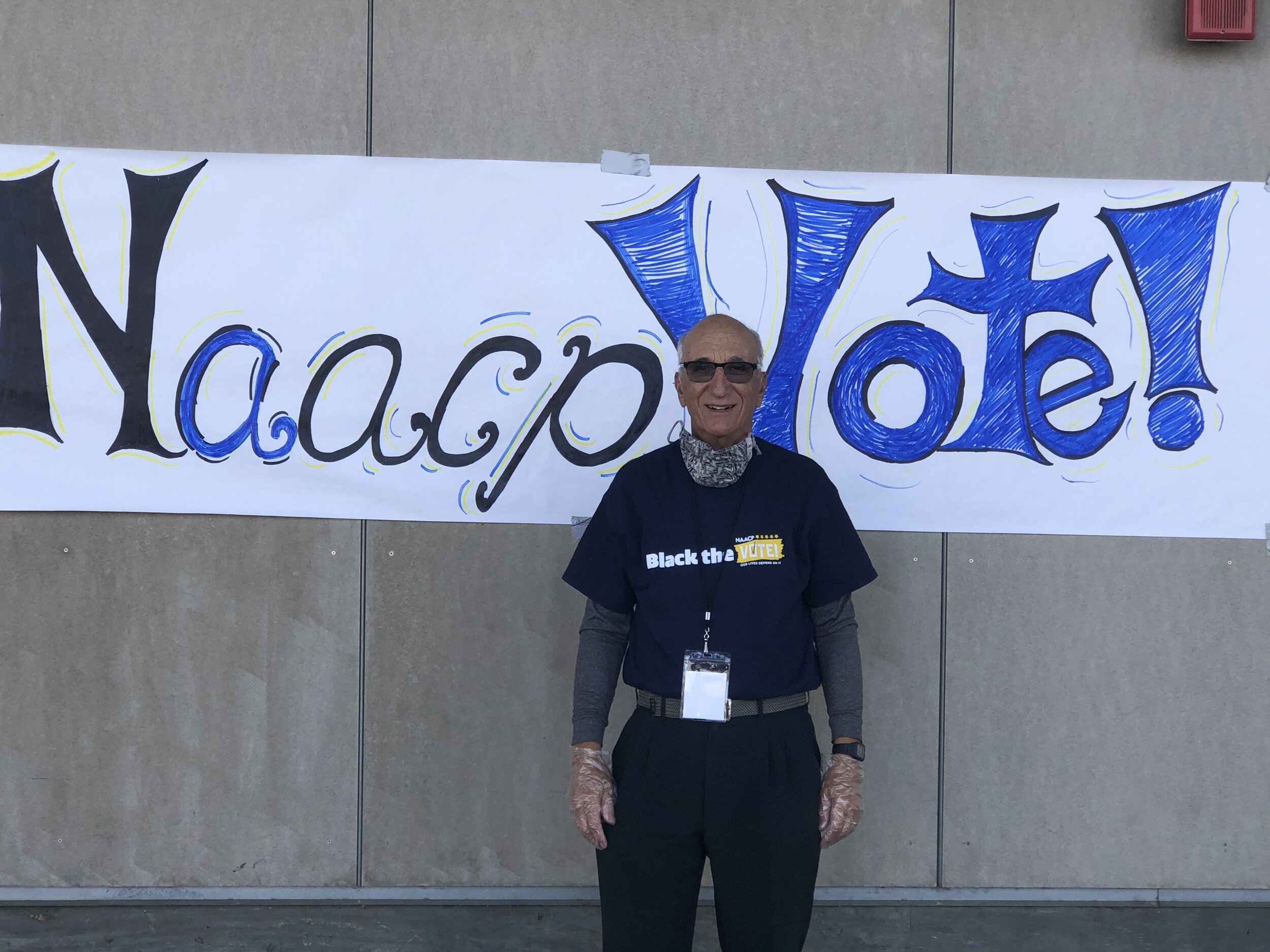
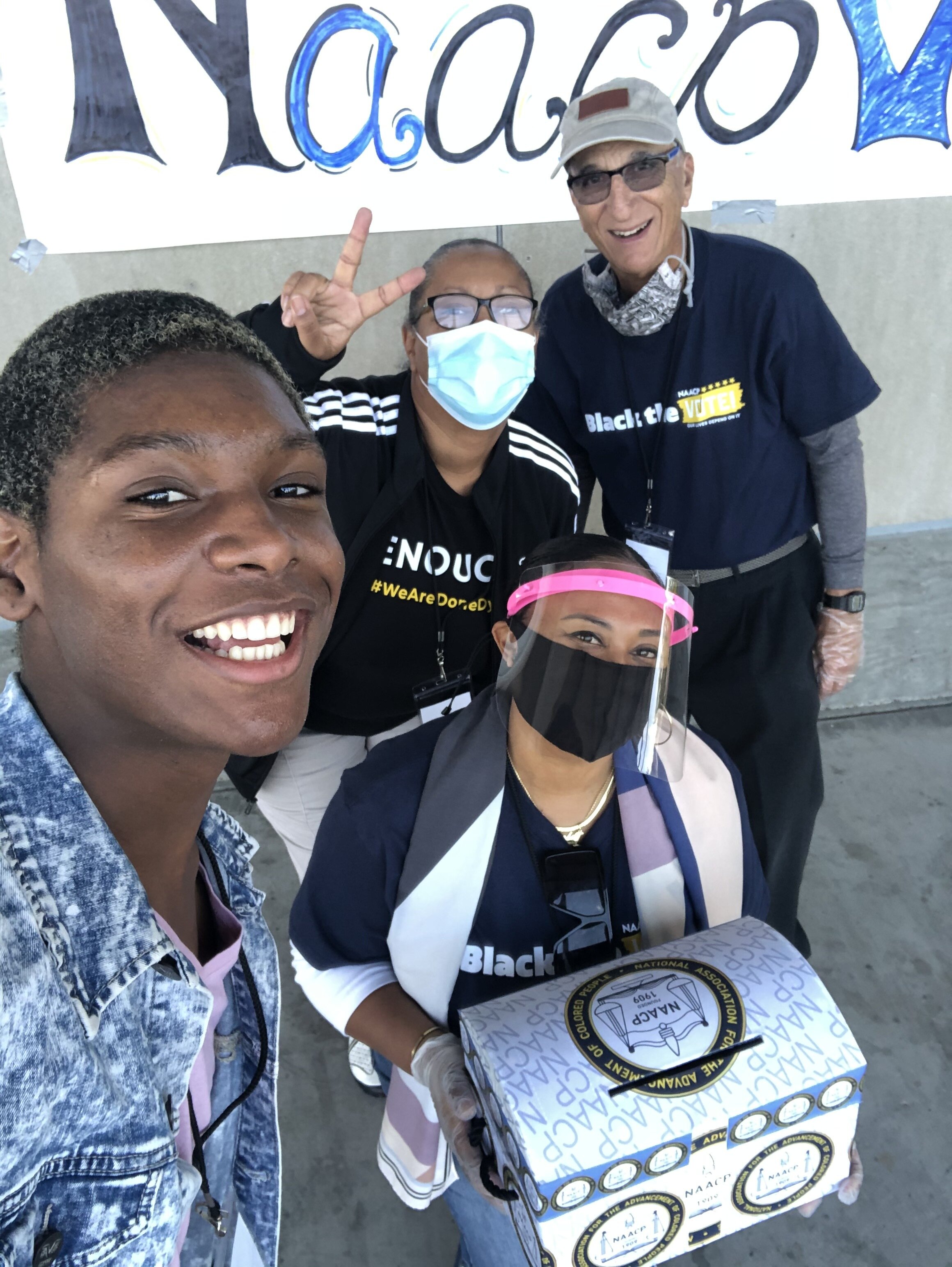
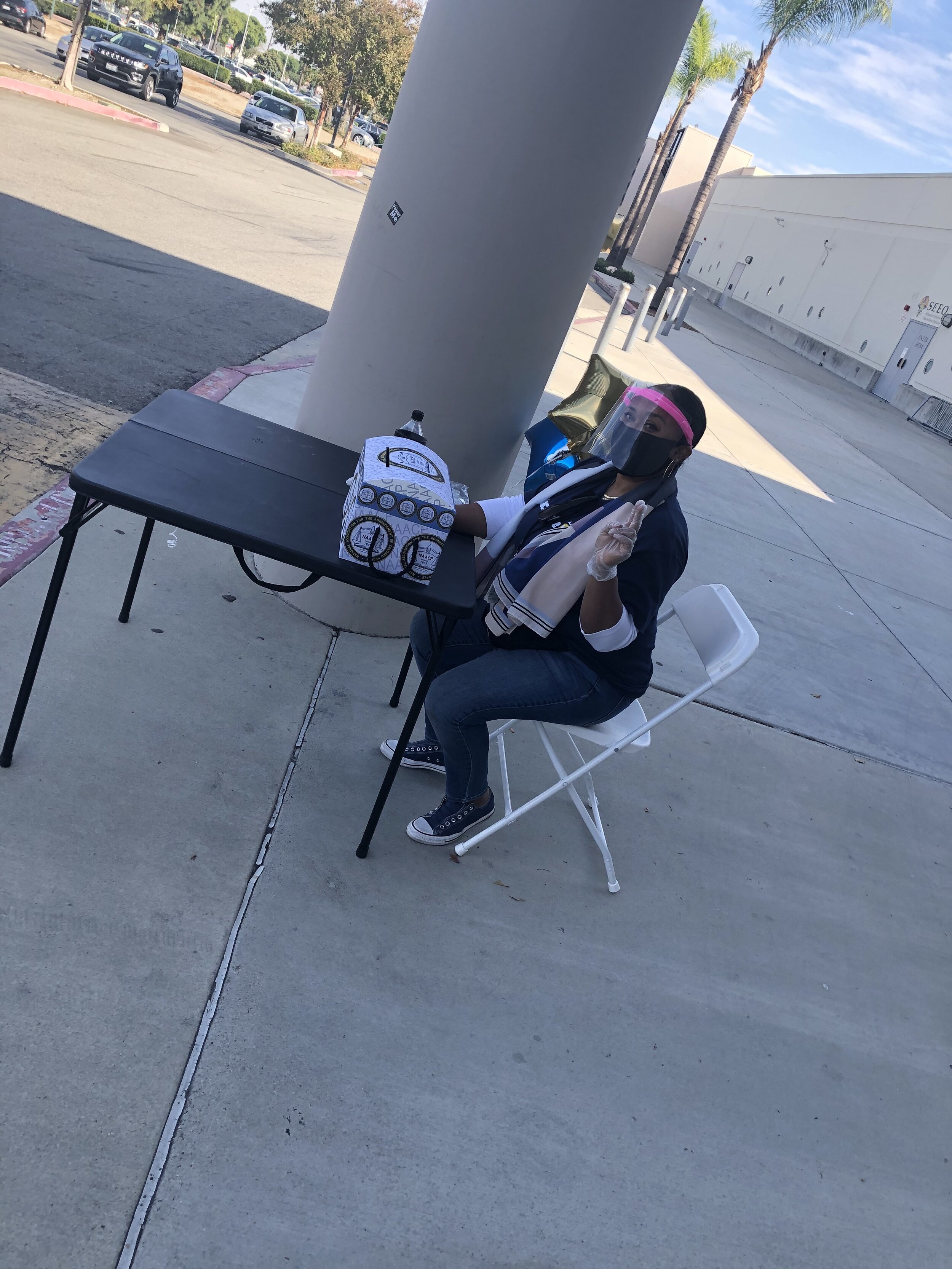
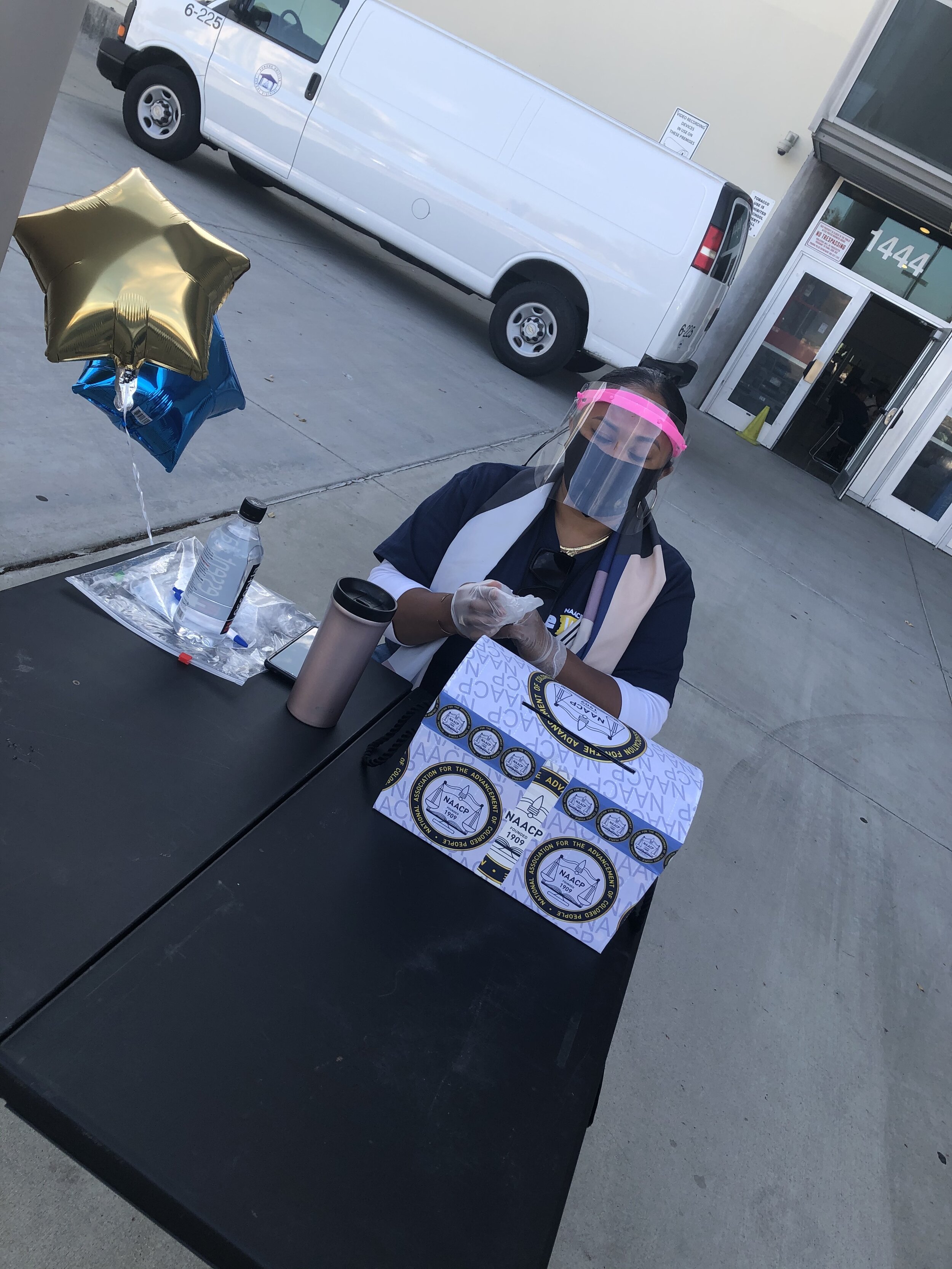
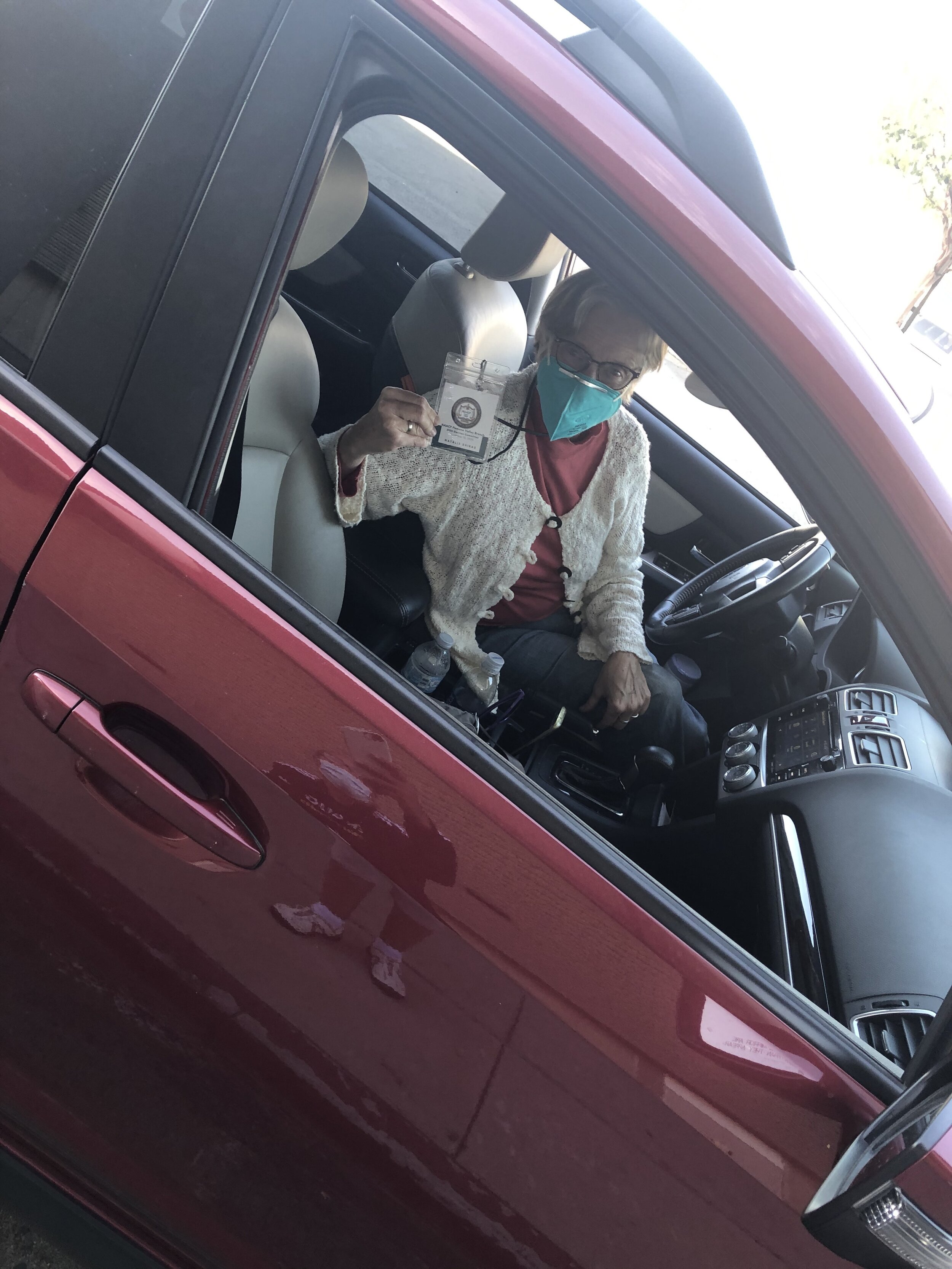
Looking Back, Moving Forward
President's Remarks
From Jeanette EllisRoyston
Thank you to NAACP Pomona Valley Branch members for re-electing me as their President for a 3rd term. I'm inspired to pledge to do my best for the ten communities we serve. This brings me to mention our branch motto: Together We Are Stronger.
According to NAACP National Headquarters in Baltimore, Maryland, Pomona Valley Branch will serve ten cities: Claremont, Montclair, Ontario, Chino, Laverne, Chino Hills, Upland, Pomona, San Dimas, and Diamond Bar. Members who live or work in these cities are what tie us together and the desire lift each other up intentionally in 2019.
Fortunately we share the same circles strengthening new pathways and allies for a better tomorrow. My goal in 2019 I want to improve and capitalize on what we have achieved together.
In 2018 NAACP PVB members have strategically demonstrated NAACP Mission throughout the Pomona Valley for social justice and equity for all Human Beings, regardless of our Skin Color, Economic, Religion, Education, or Sexuality We Are Stronger Together. In 2019 we're moving Forward Not One Step Back!
NAACP members in 2018 have accomplished as an organization or as an individual member of the branch. (just a few highlights)
Donated twenty medium bags of hygiene goodies & girly girl stuff
Initiated a Proclamation City of Pomona a Compassionate City
SB 54 Pomona City Ordinance and Sanctuary
Constitutional Debates
Voting Registration-Letter Writing Campaign-Voting Right Act 2015
Protest to allow SB 54 Sanctuary Upland and San Dimas City Hall
I Have A Dream Speech Panel Discussion
LASHA Homeless Count
College for All Coalition and LCFF Accountability
HIV Testing and African American Resolution submitted
Poor People Campaign March/Rally-A Moral Revival Campaign
Institutional Structural Racism Weekly Study Circle
Social Justice Book Club
San Diego Protest at the border- release the detained kids
Branch Sustainability to Maintain & Increase our membership in 2019: Members must "new" his or her membership annually, renewing your membership there is a financial assessment local branch is required to send to National to utilize and operated in the name of National Association for the Advancement of Colored People. Aka NAACP. Pomona Valley Branch, has faithfully annually have sent its financial assessment to National, we are utilizing NAACP name and operating according to the mission of NAACP, and for that reason who is reading this and have not renewed your membership through your local branch. I'm extremely grateful and thankful Pomona Valley branch is in compliance and prepared to grow membership by fifty percent.
Thank you
Together we have made a profound difference in Pomona Valley: NAACP foundation has been laid we are stronger together, we have positive relationship with Supervisor Hilda Solis, District One, The City of Pomona, Pomona Police Department, Social Justice Advocacy Project Pomona Unified School District, Department of Children and Family Services, National Council of Negro Women, Senator Connie Leyva, District 20, Assemblymember Freddie Rodriguez, District 52, Senator Judy Chu, District 27, Congresswoman Norma Torres, District 35, African American Museum of Beginnings, Latino/aRoundtable Pomona and San Gabriel Valley, Pomona Compassionate City Committee, Guang Dong Association: U.S.A. Monterey Park, Pomona Indivisible, Pomona Valley Hospital Medical Center, U.S.A United Nation Alliance of Claremont, Juneteenth Education Technology Mobile Arts Center, Ahmadiyya Chino Mosque, Pomona Chamber of commerce, SEIU1000 Attorney: Willie William and Thomas Allison, Volunteers of America League of Women Voters Claremont Area, Asian American Advancing Justice Los Angeles, Pomona Alliance of Black School Educators-PUSD Institutional Structural Racism Study Circle and Social Justice Book Club, African American Parent Advisory Council-PUSD and dA Center of Arts.
Jeanette EllisRoyston
President
NAACP, Pomona Valley Branch #1085B
January, 2019
